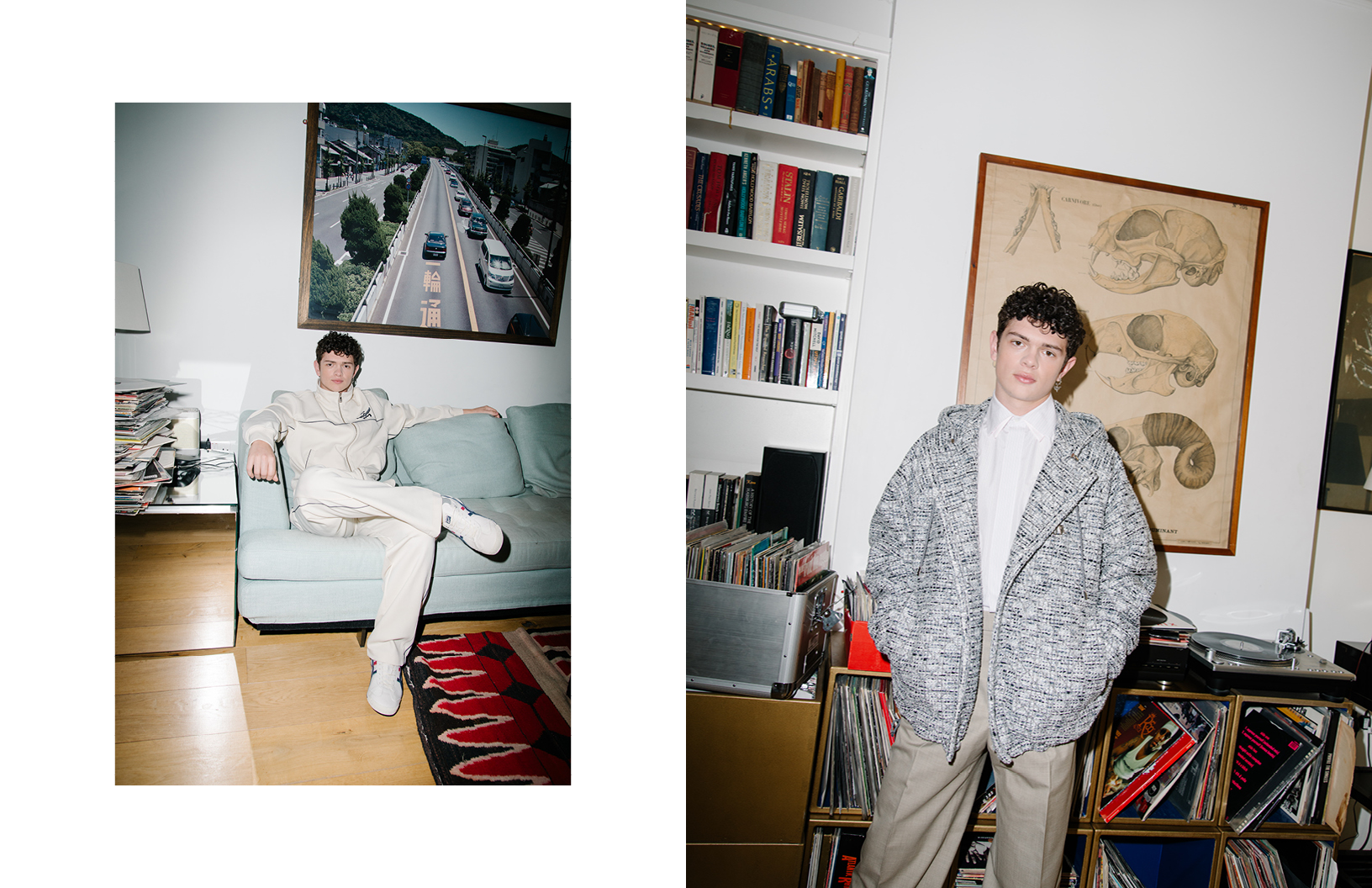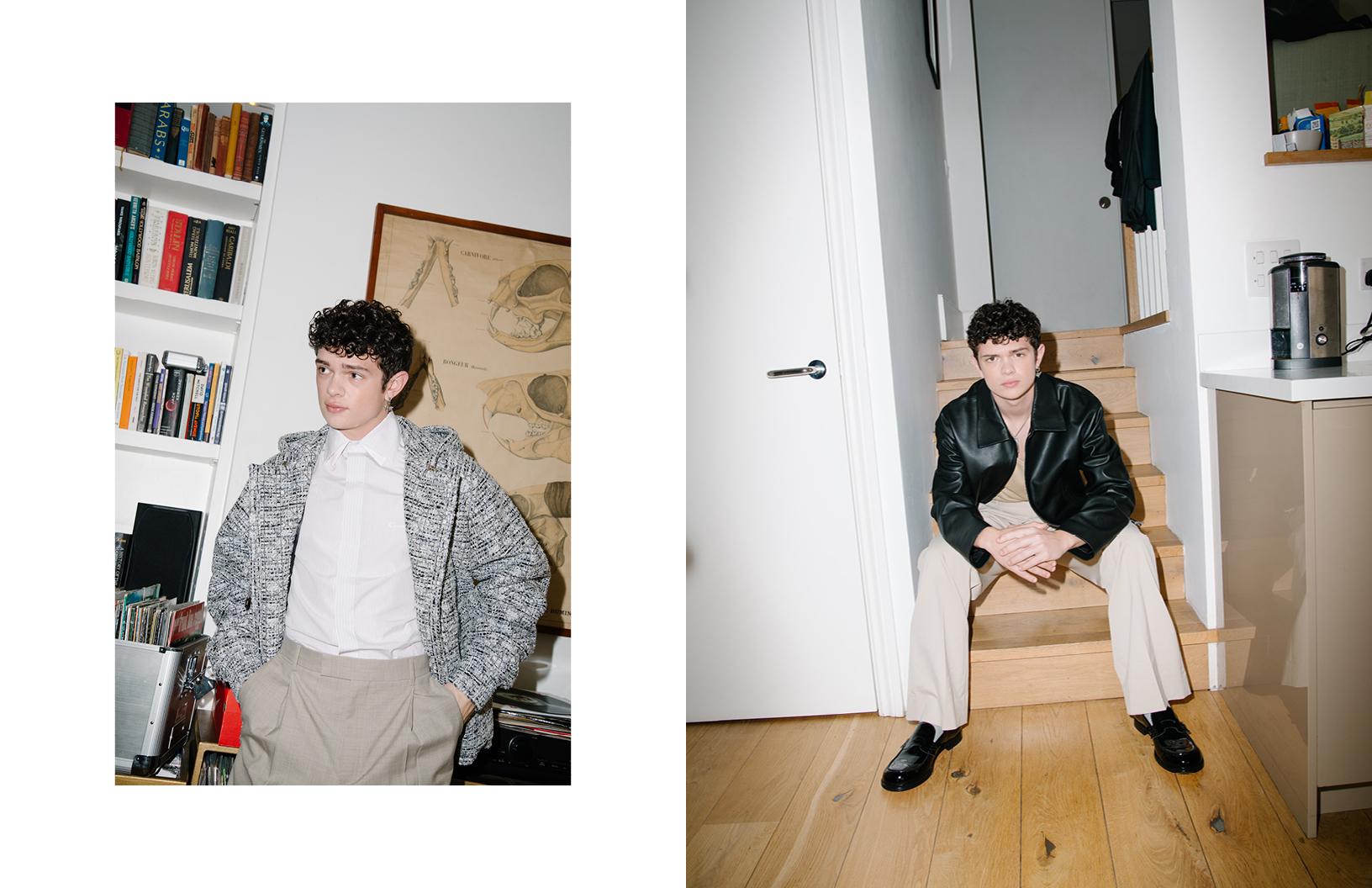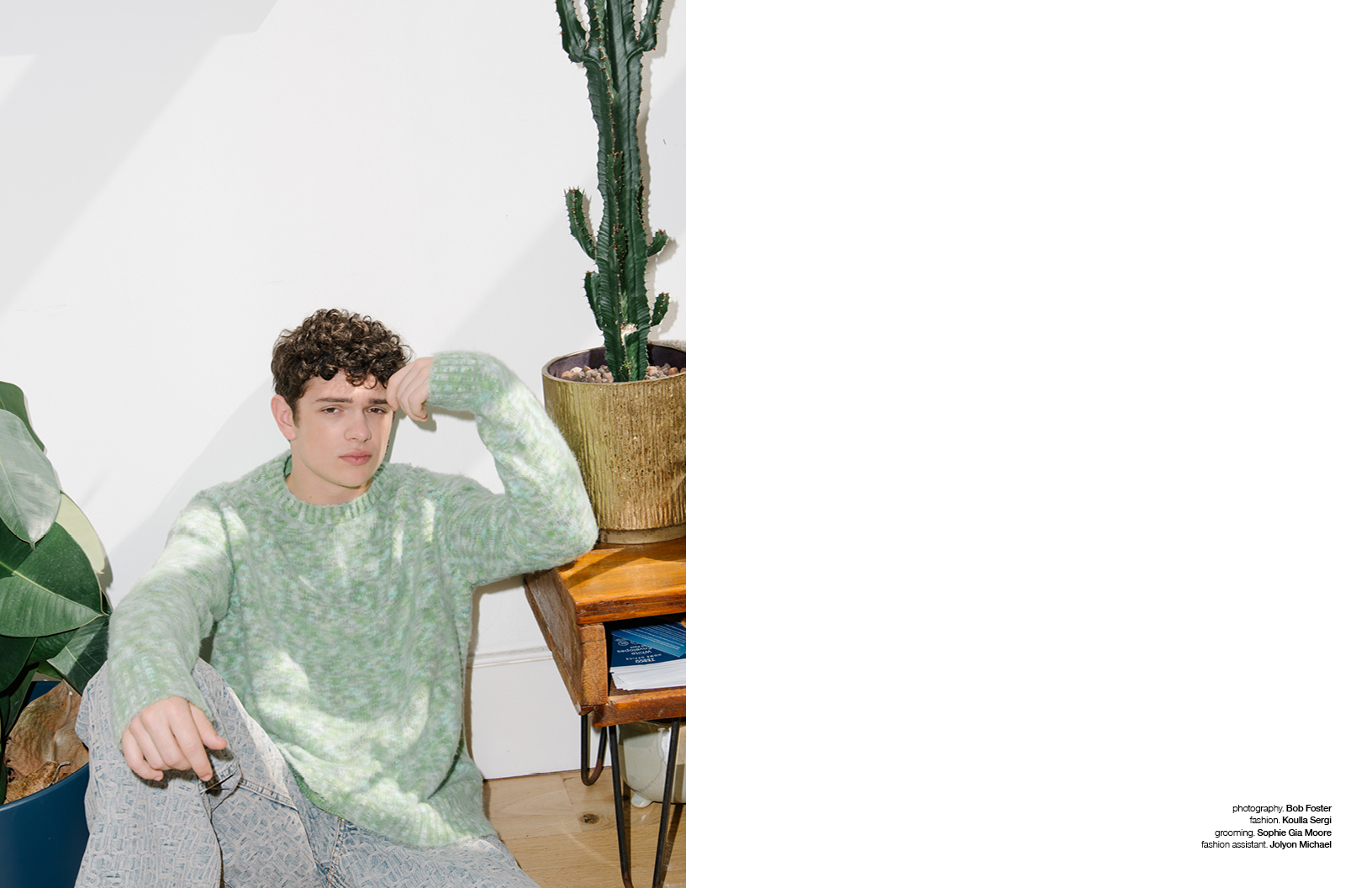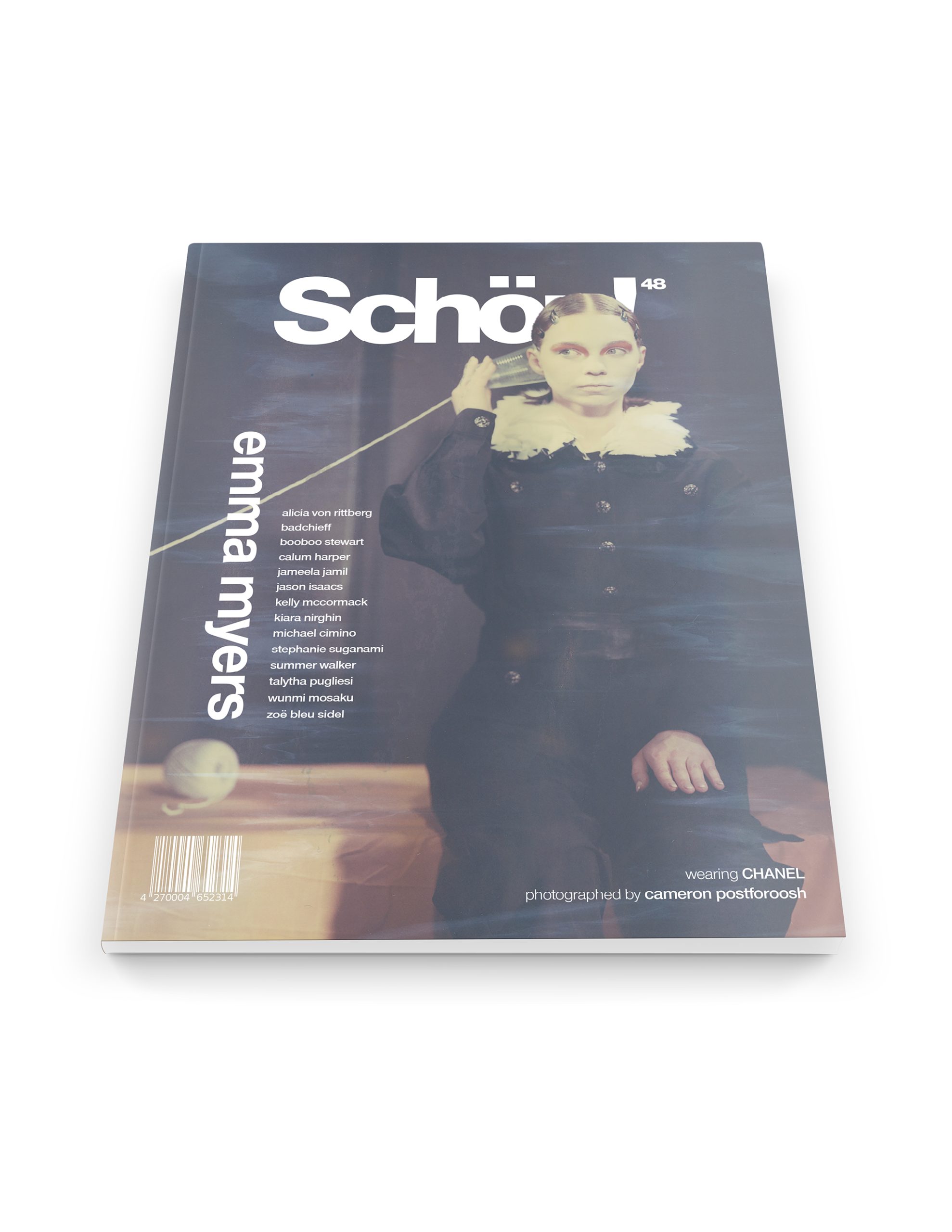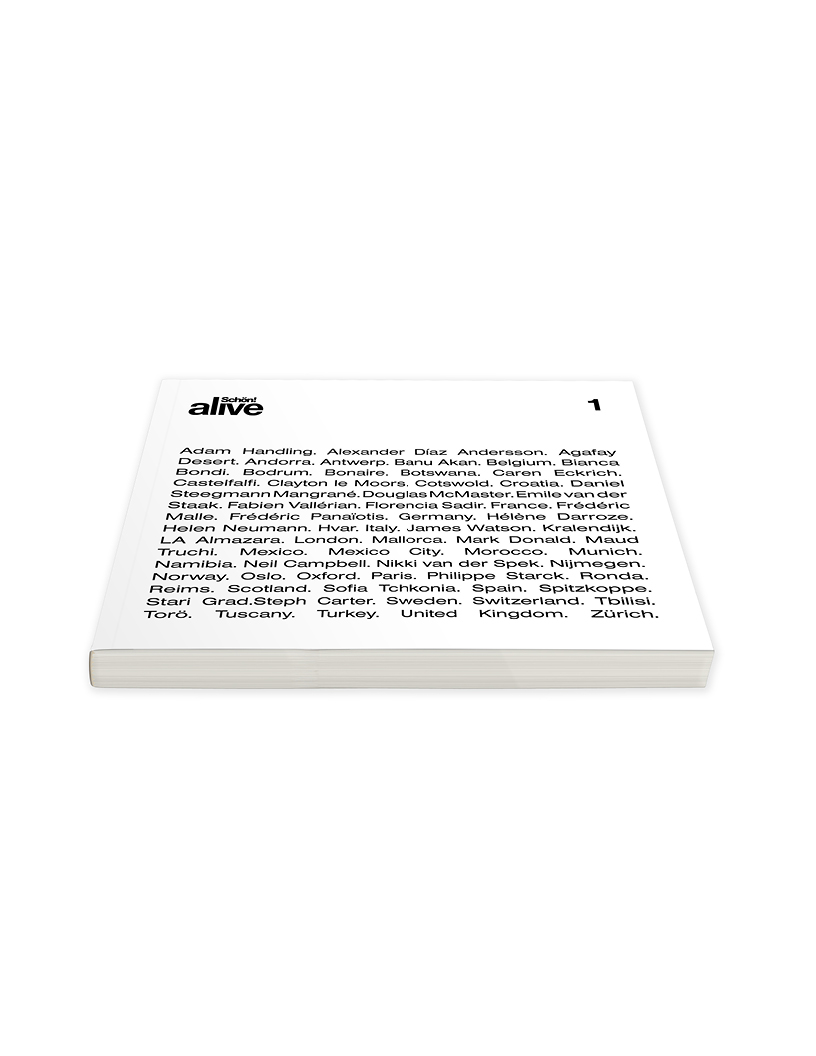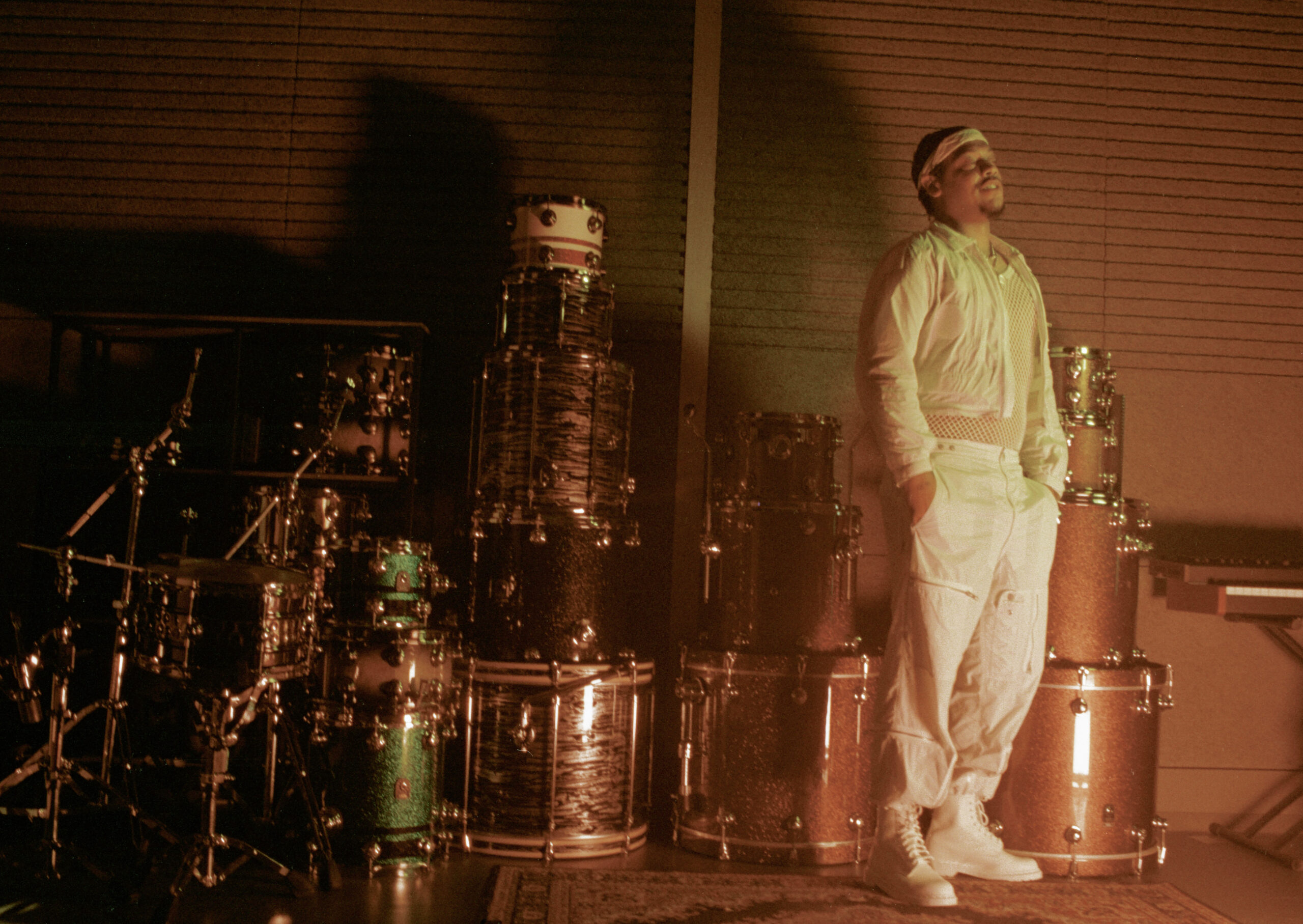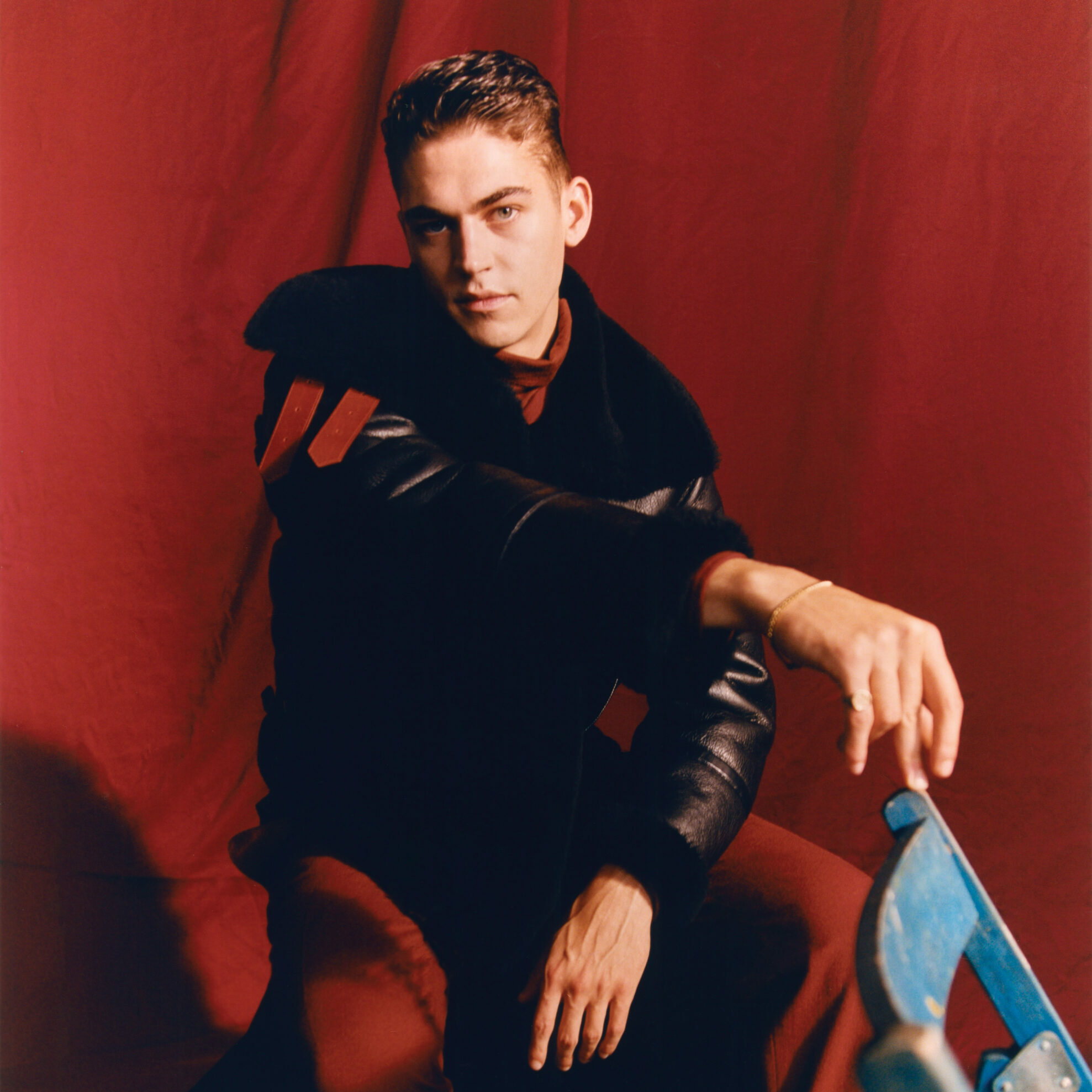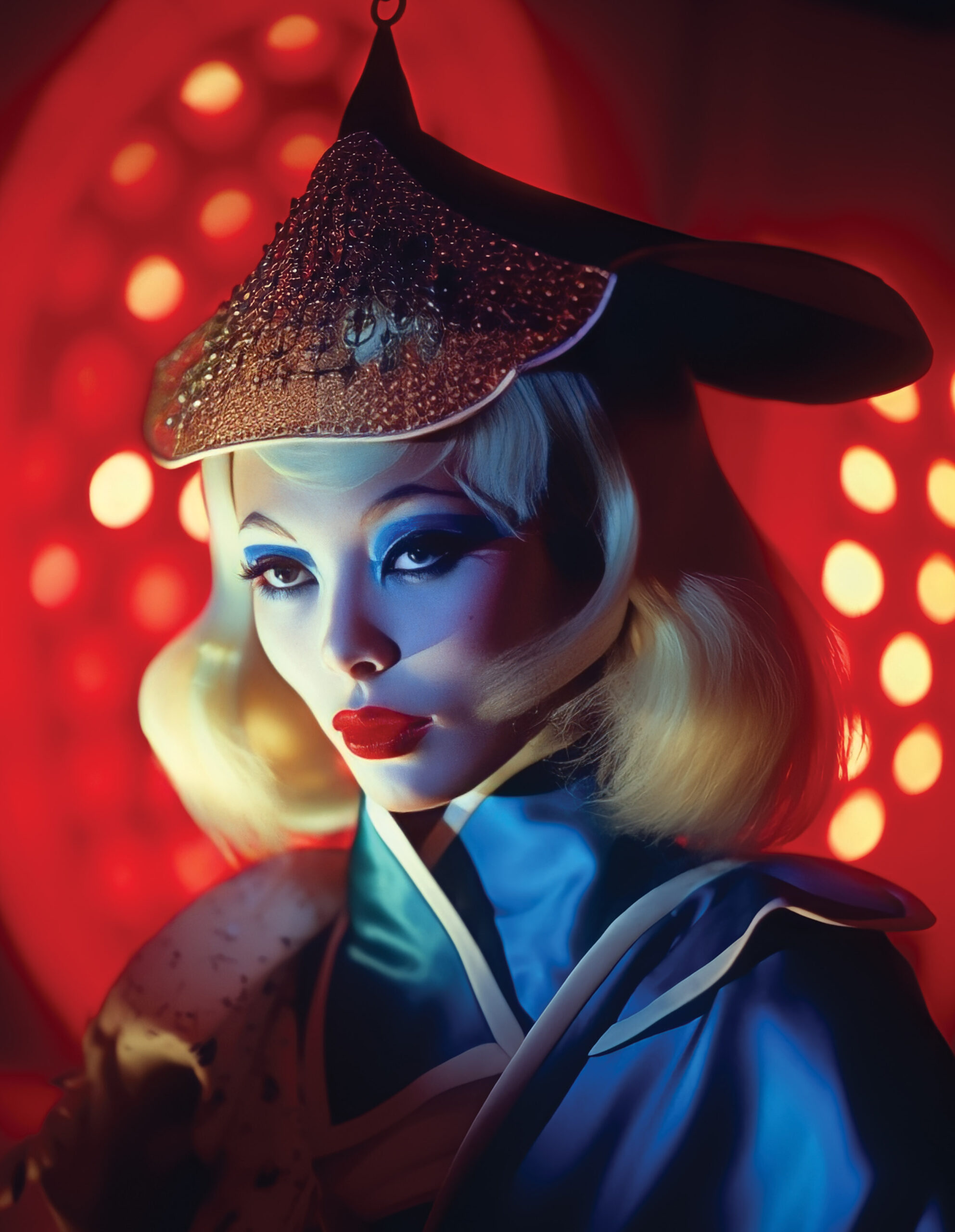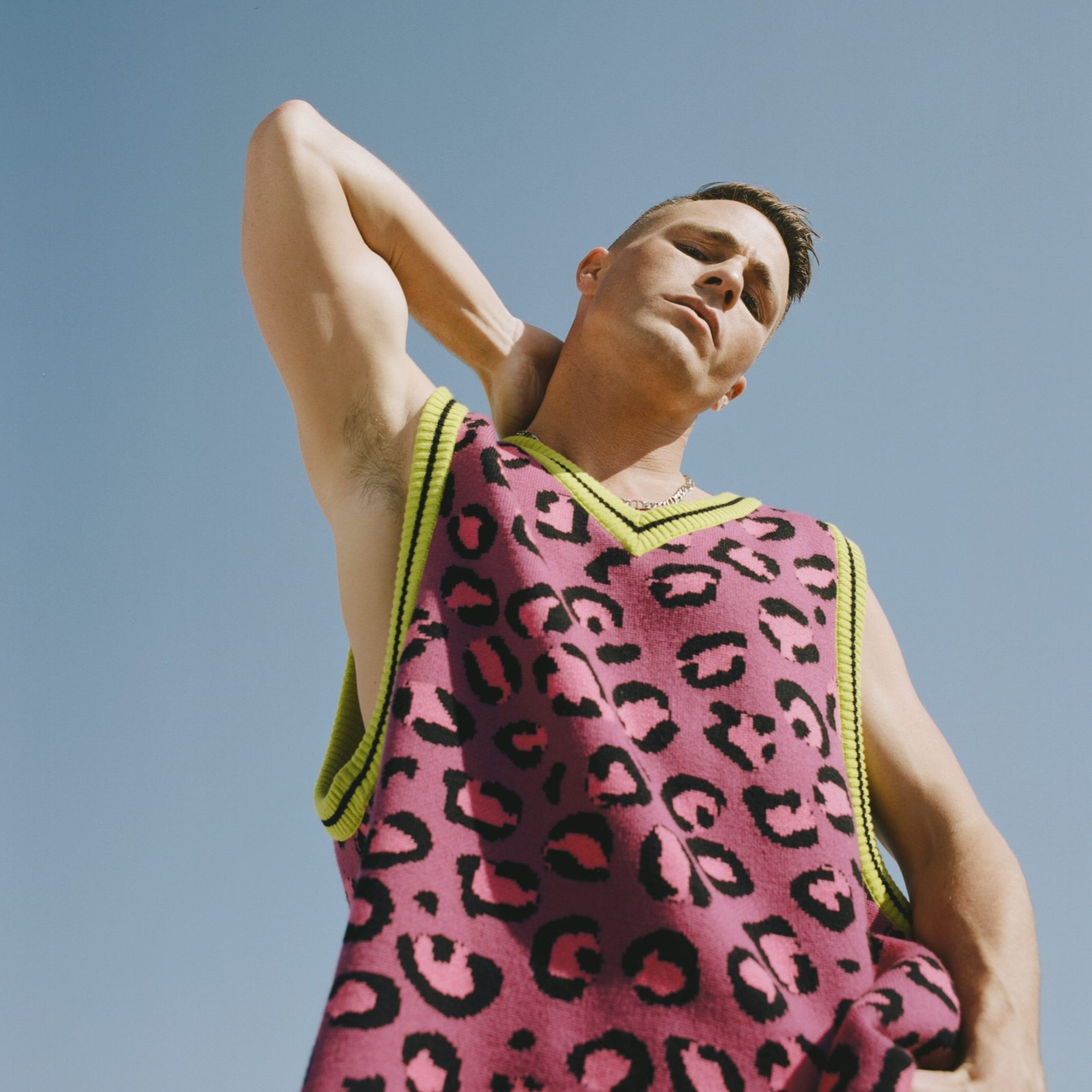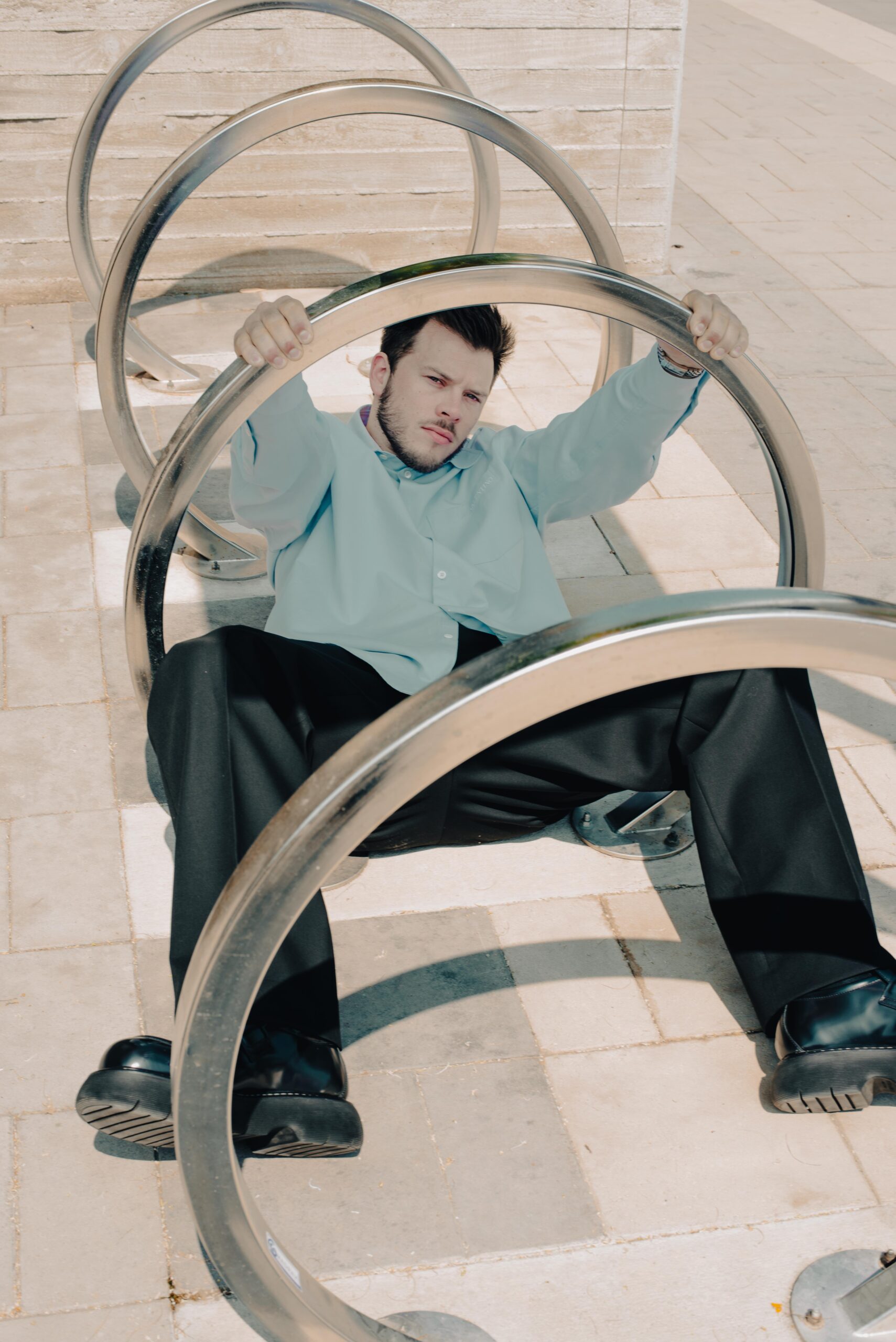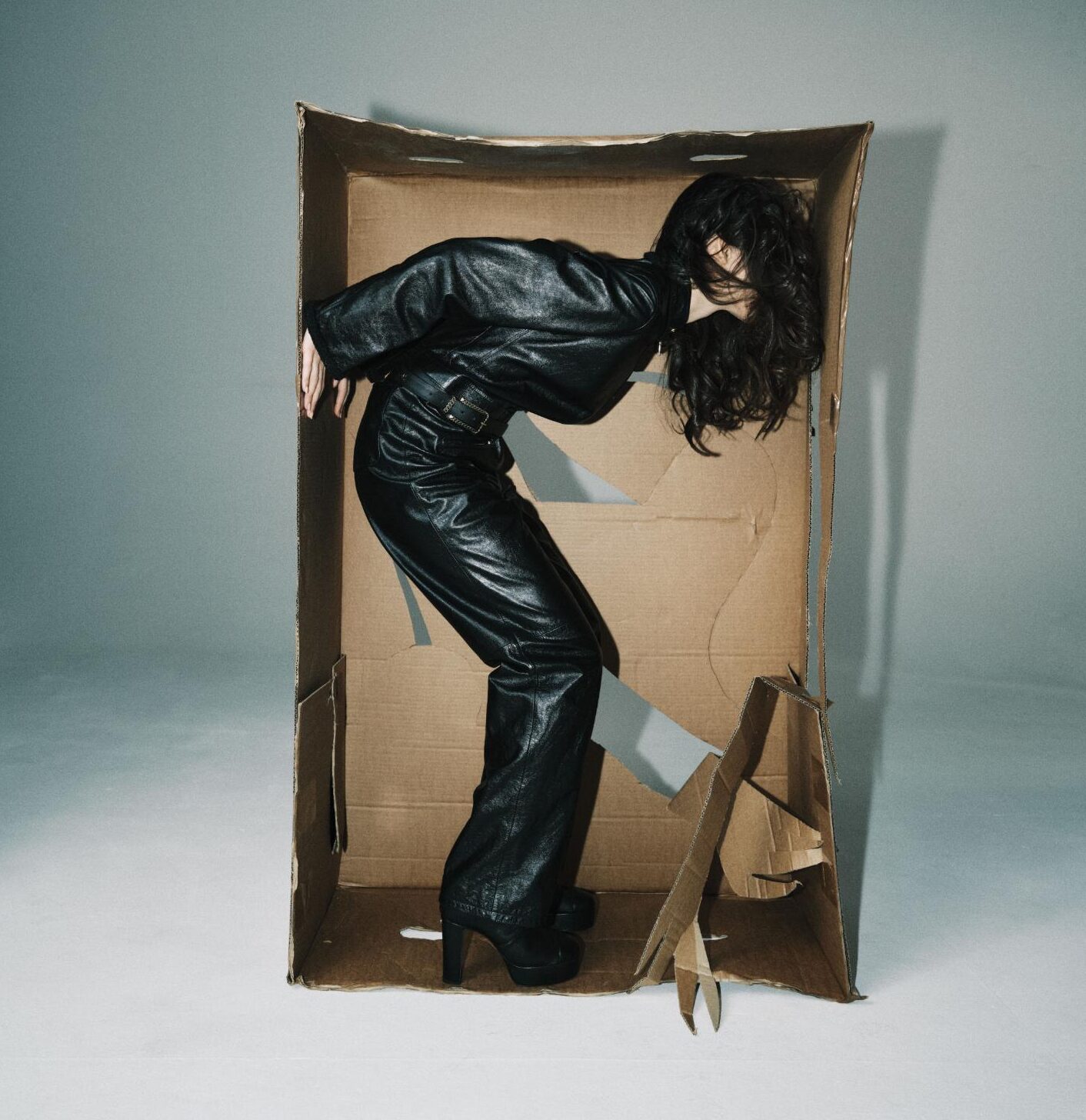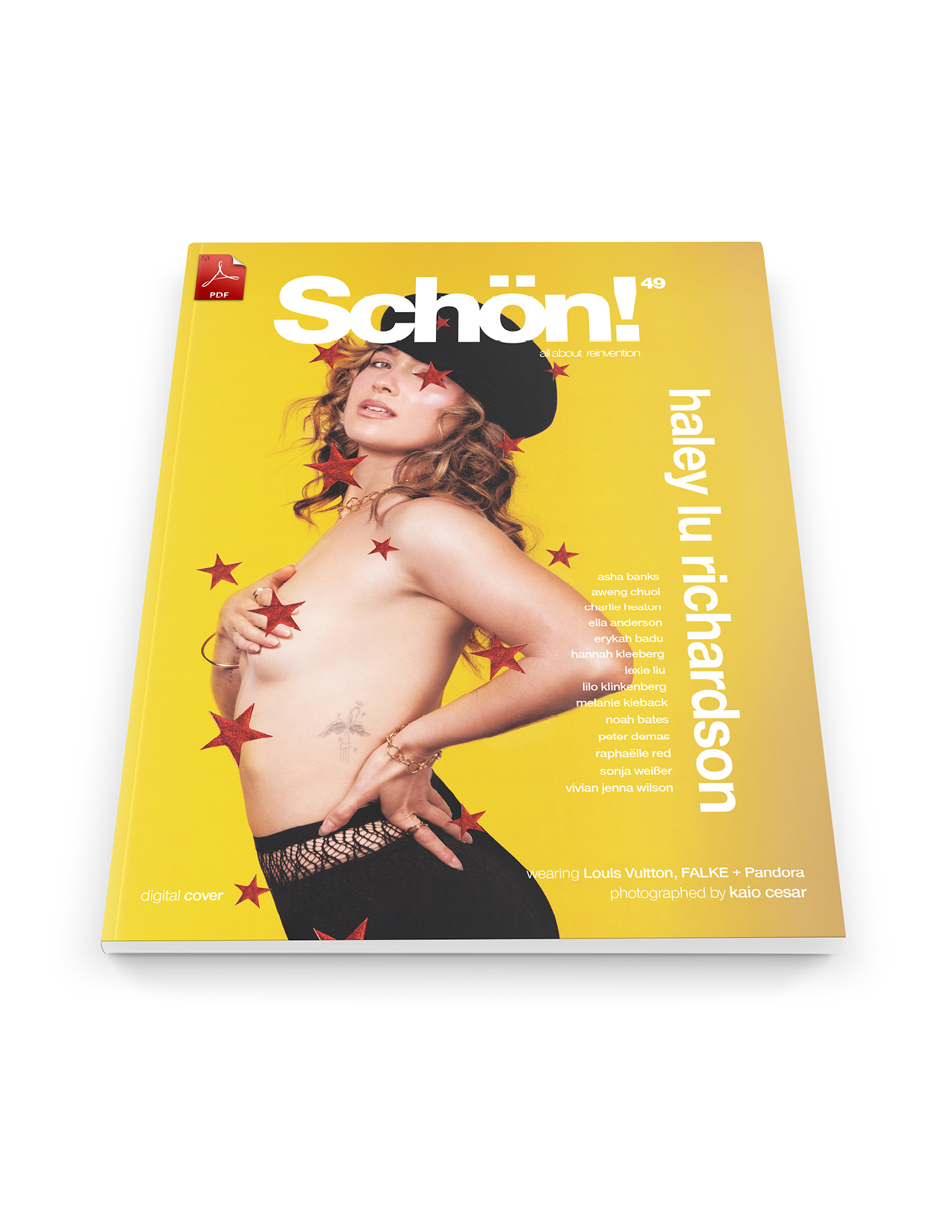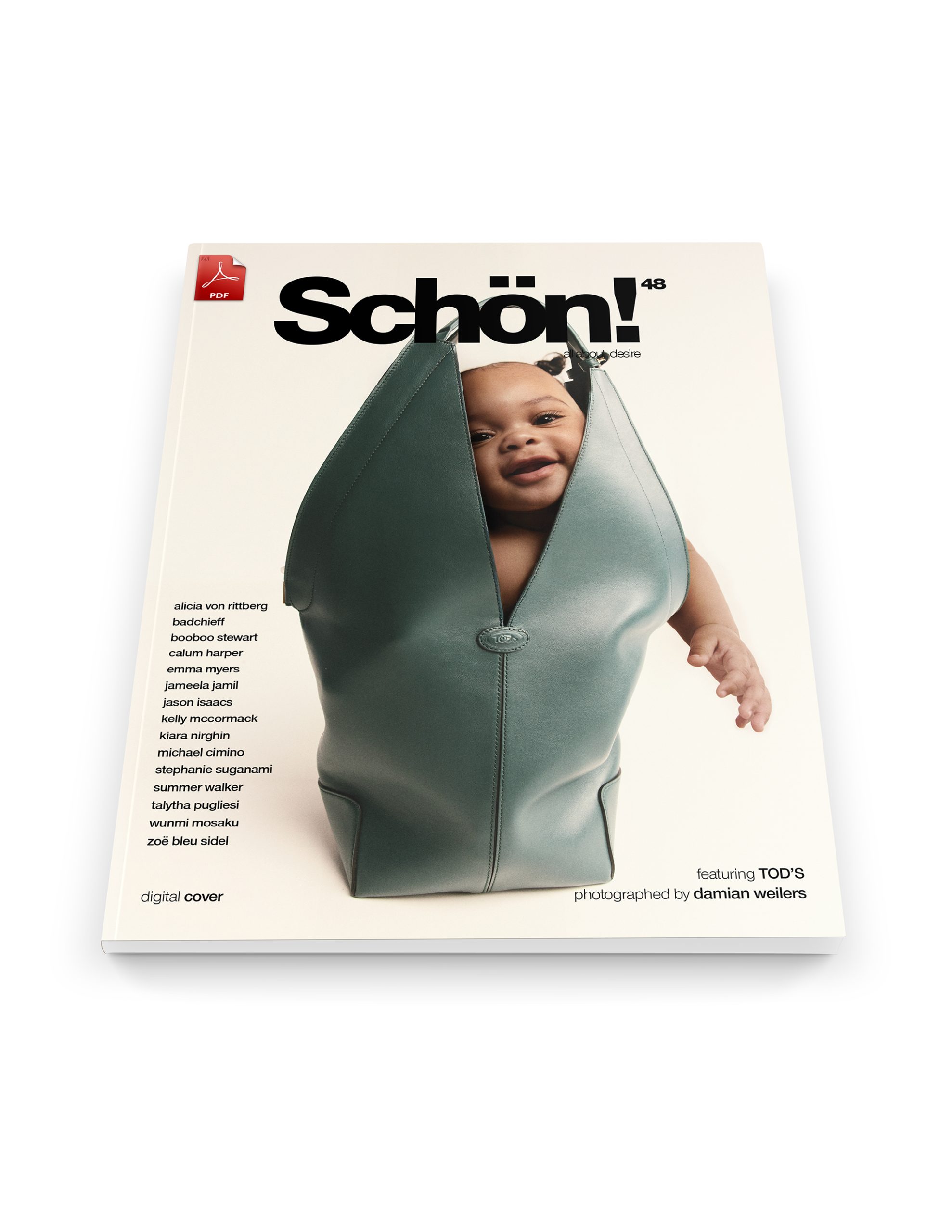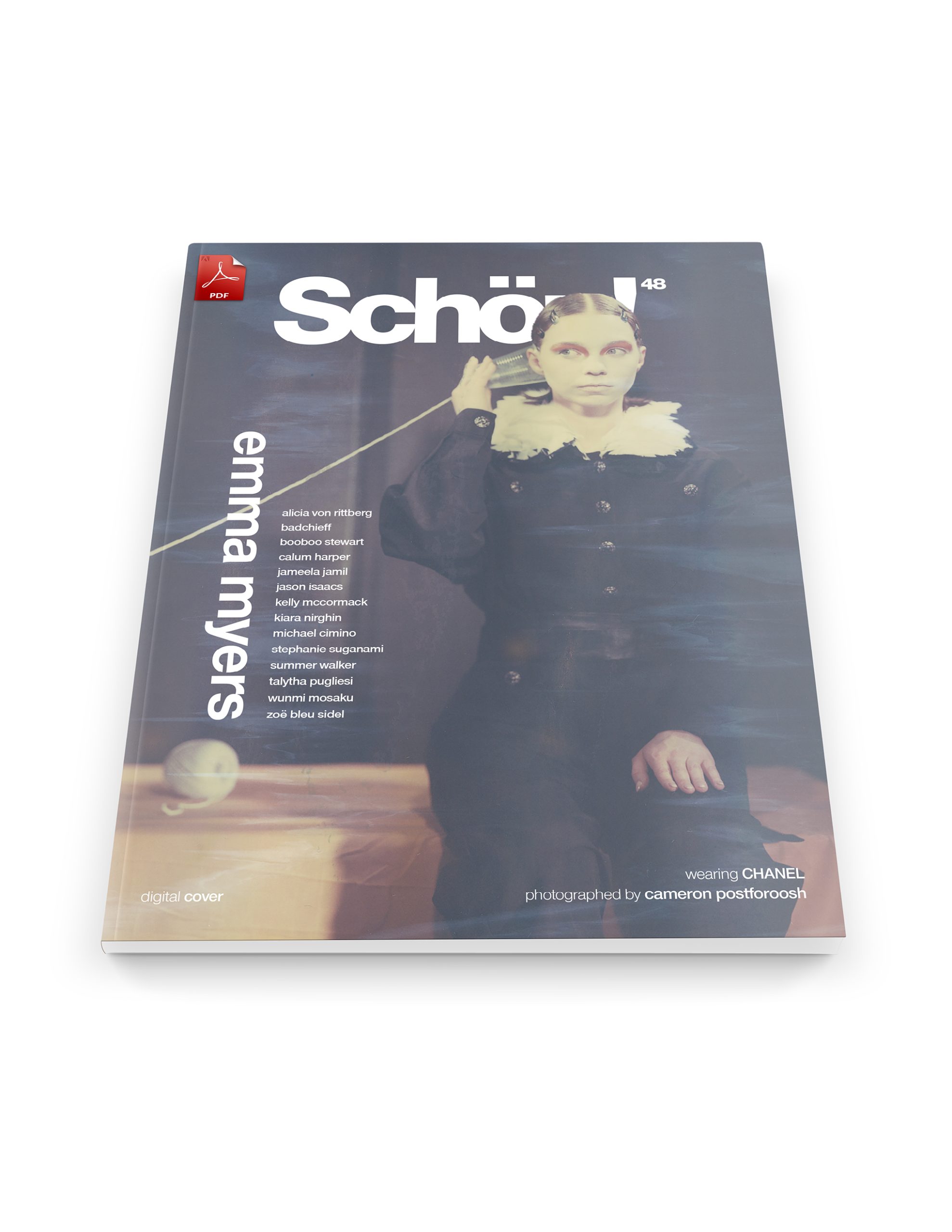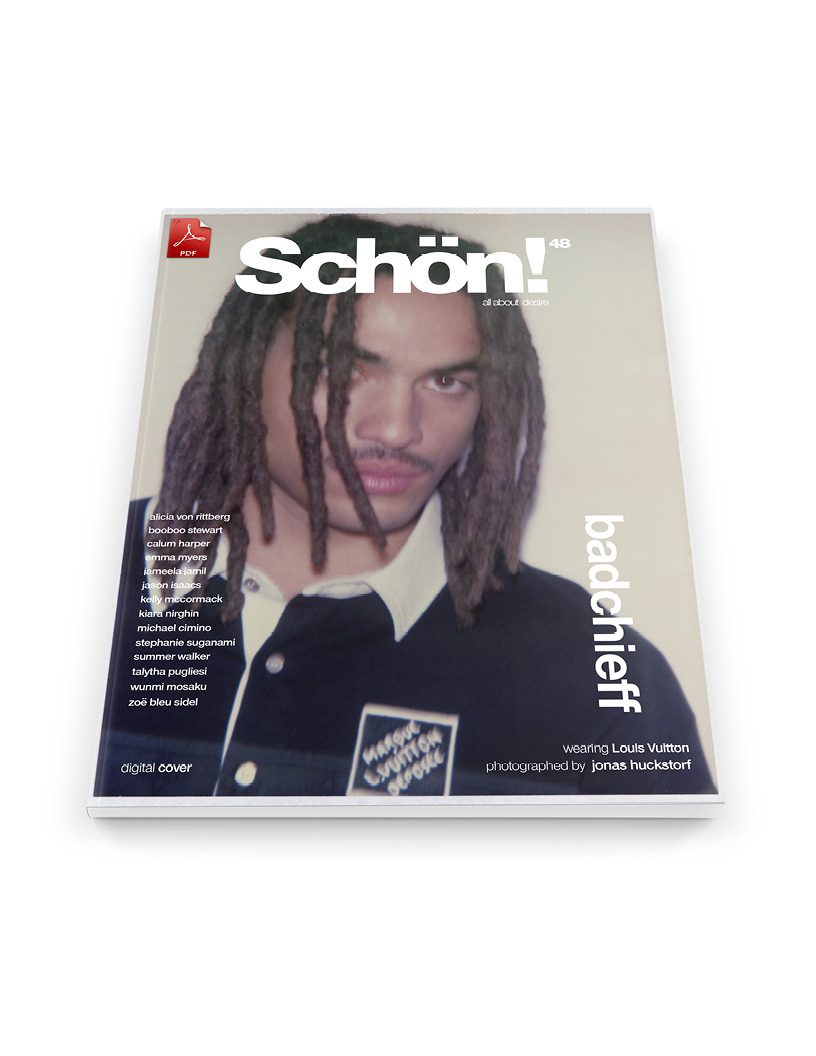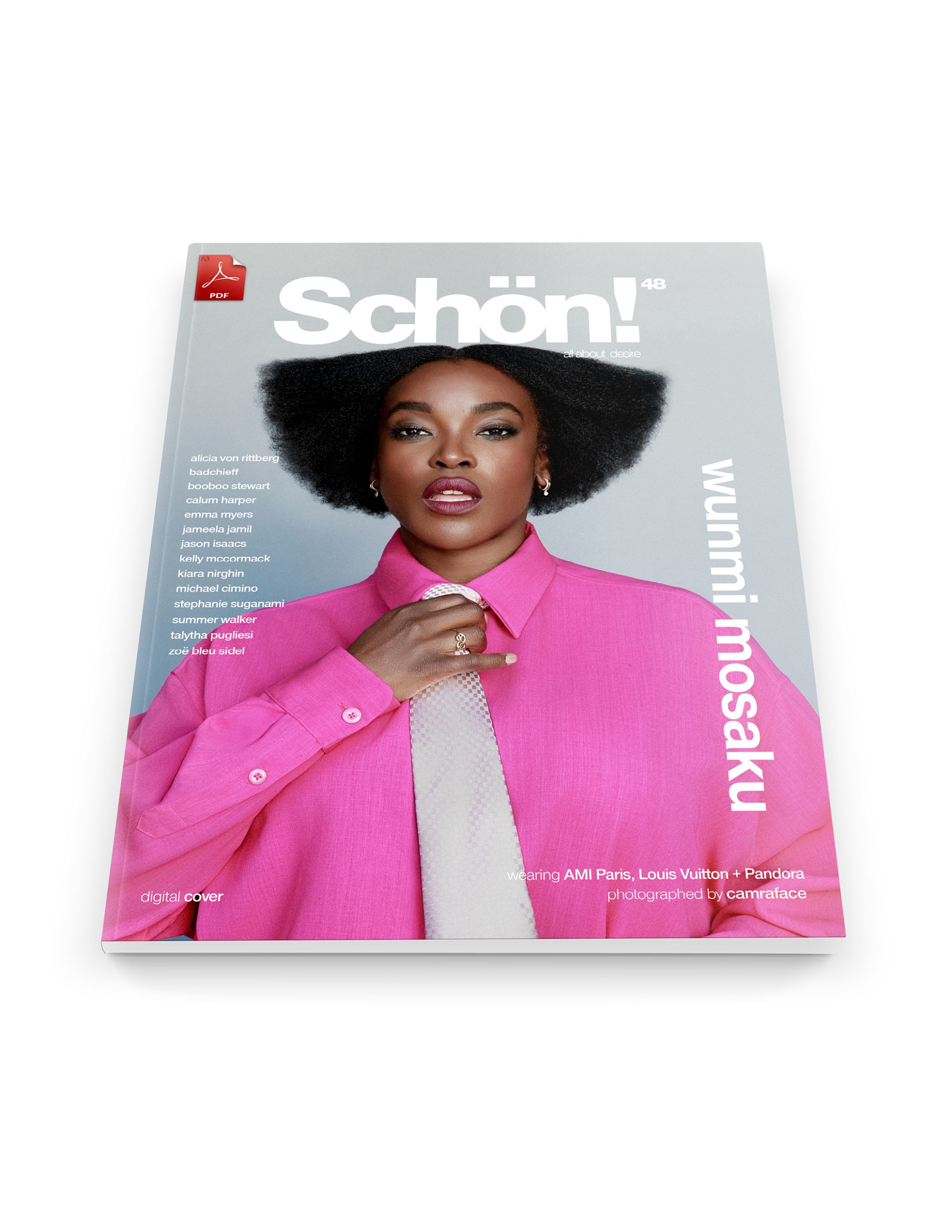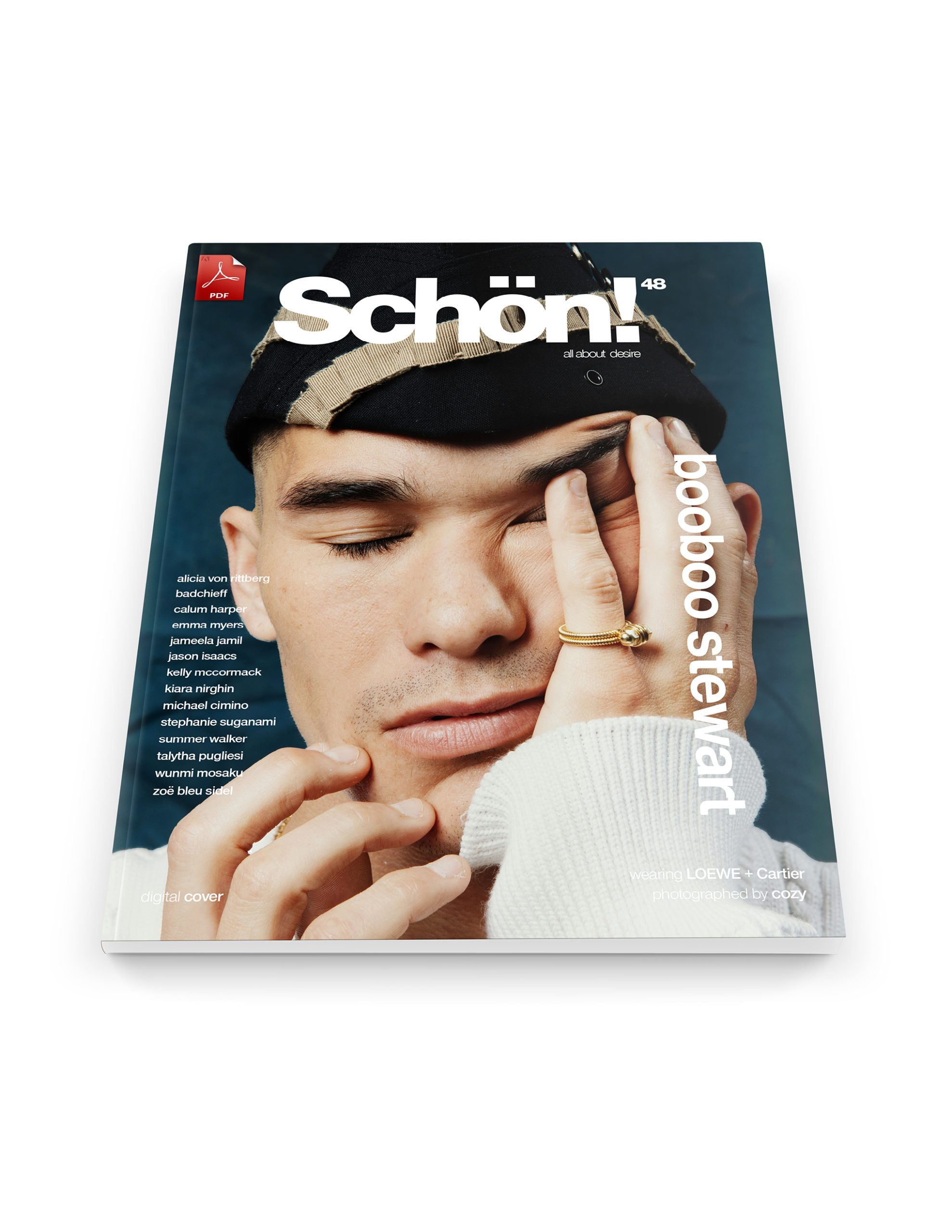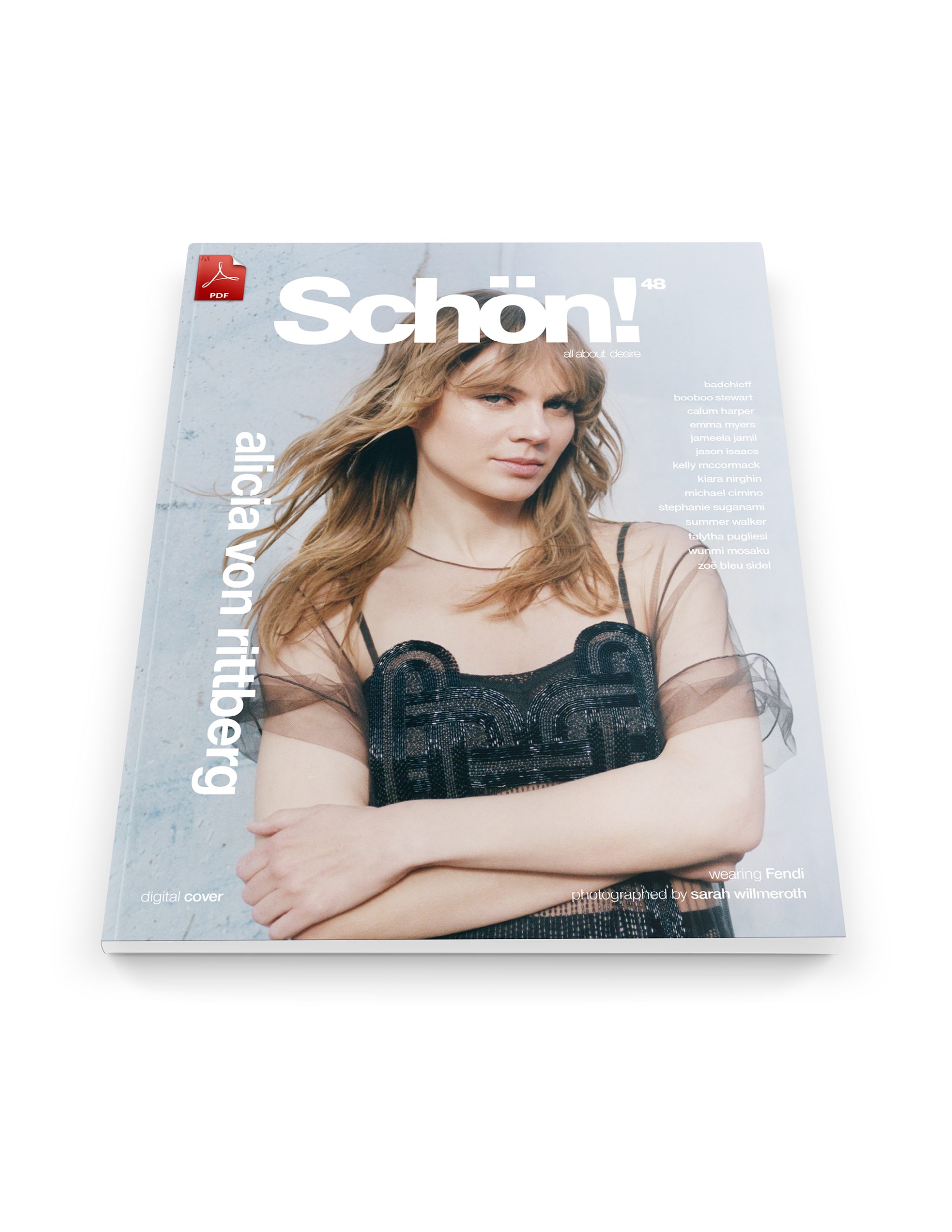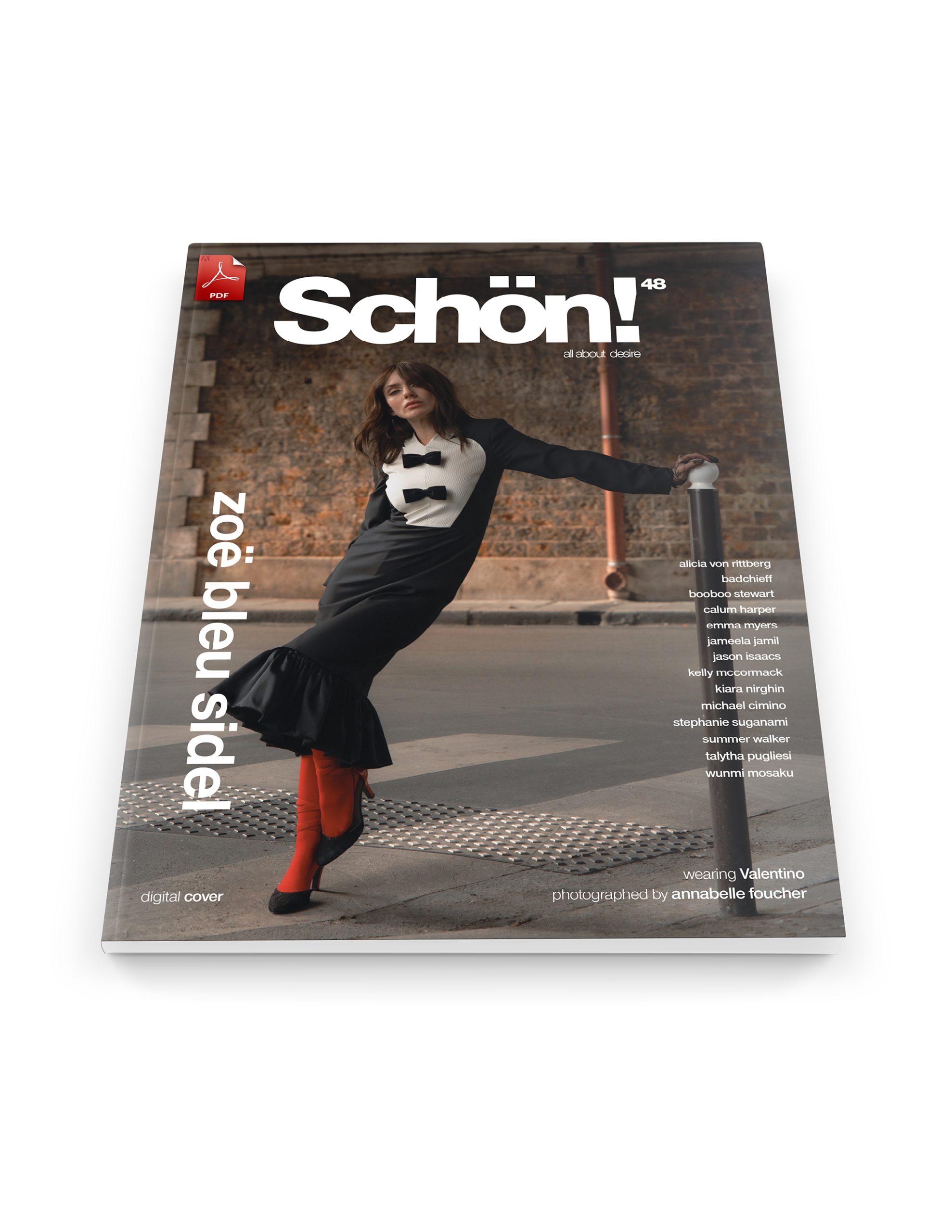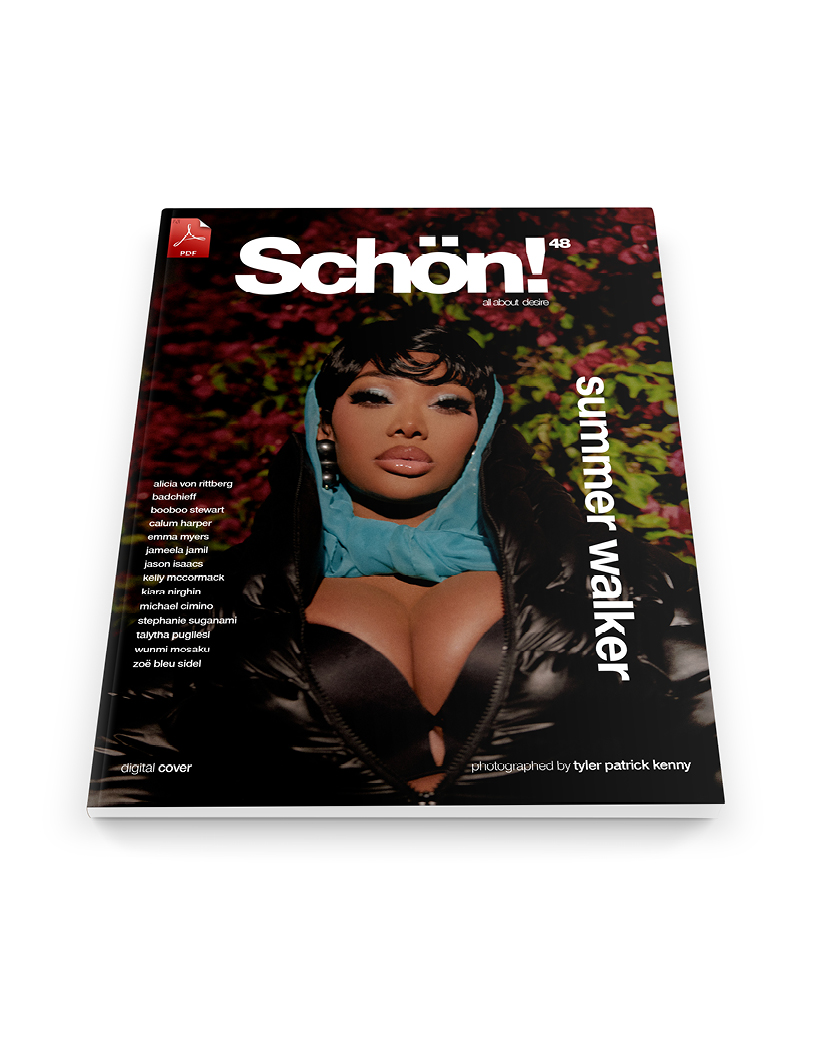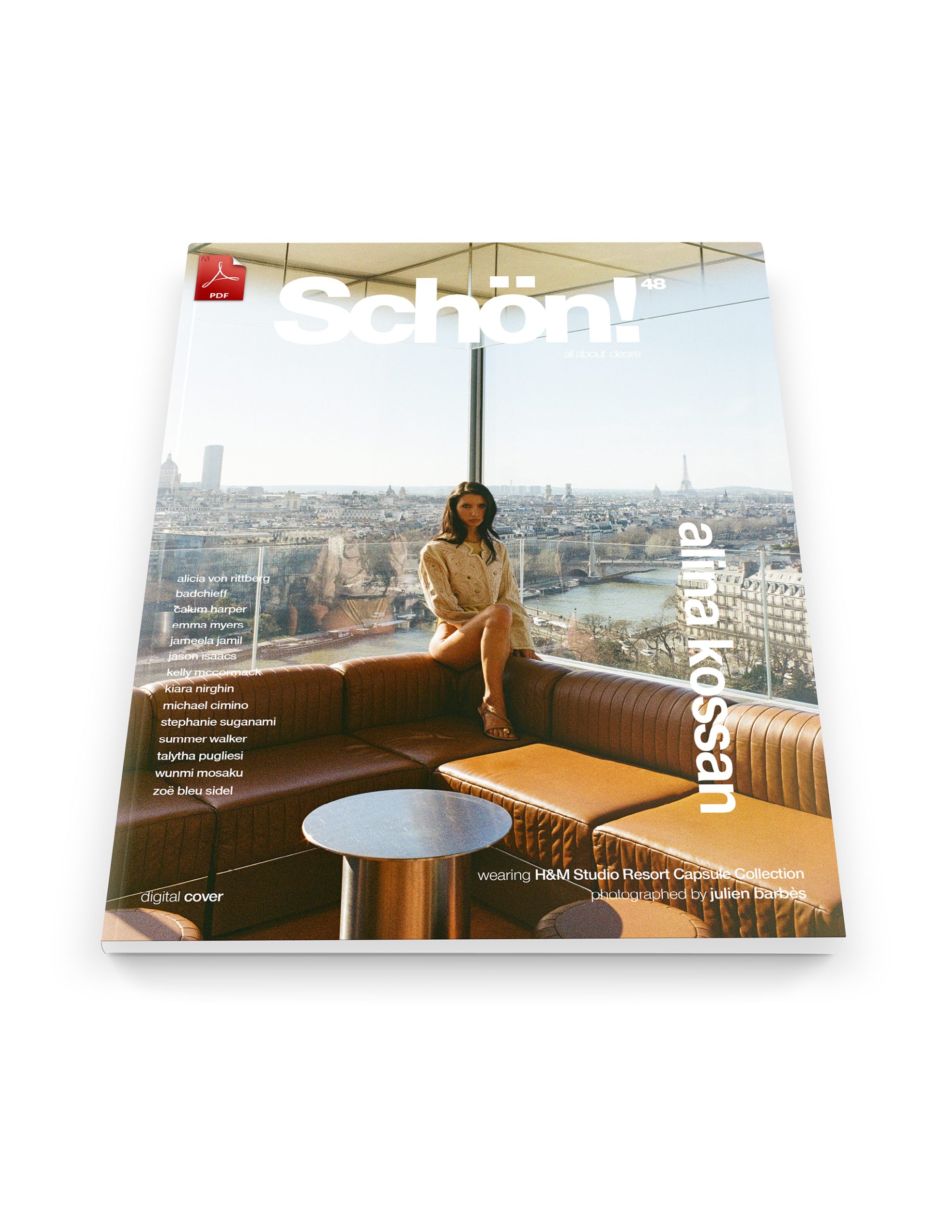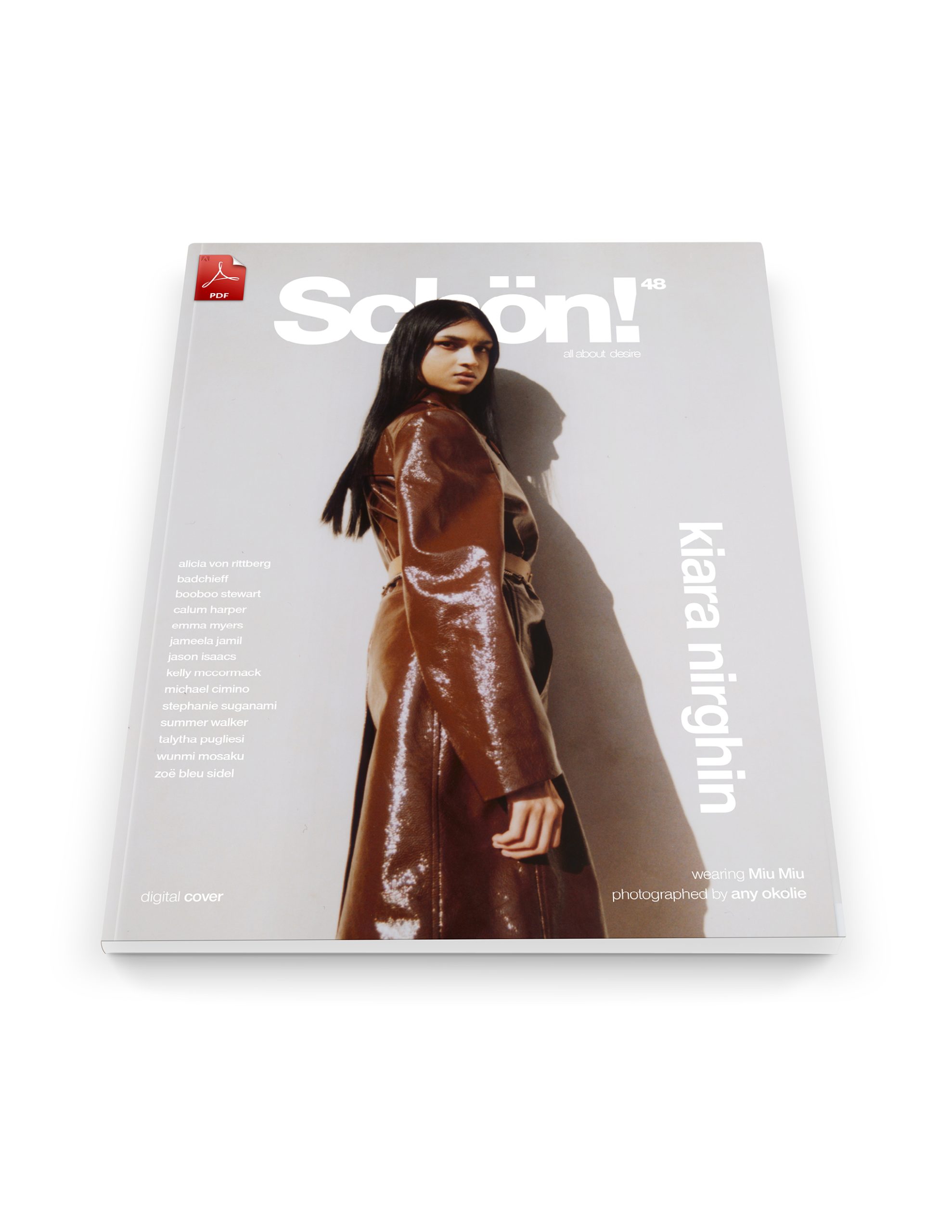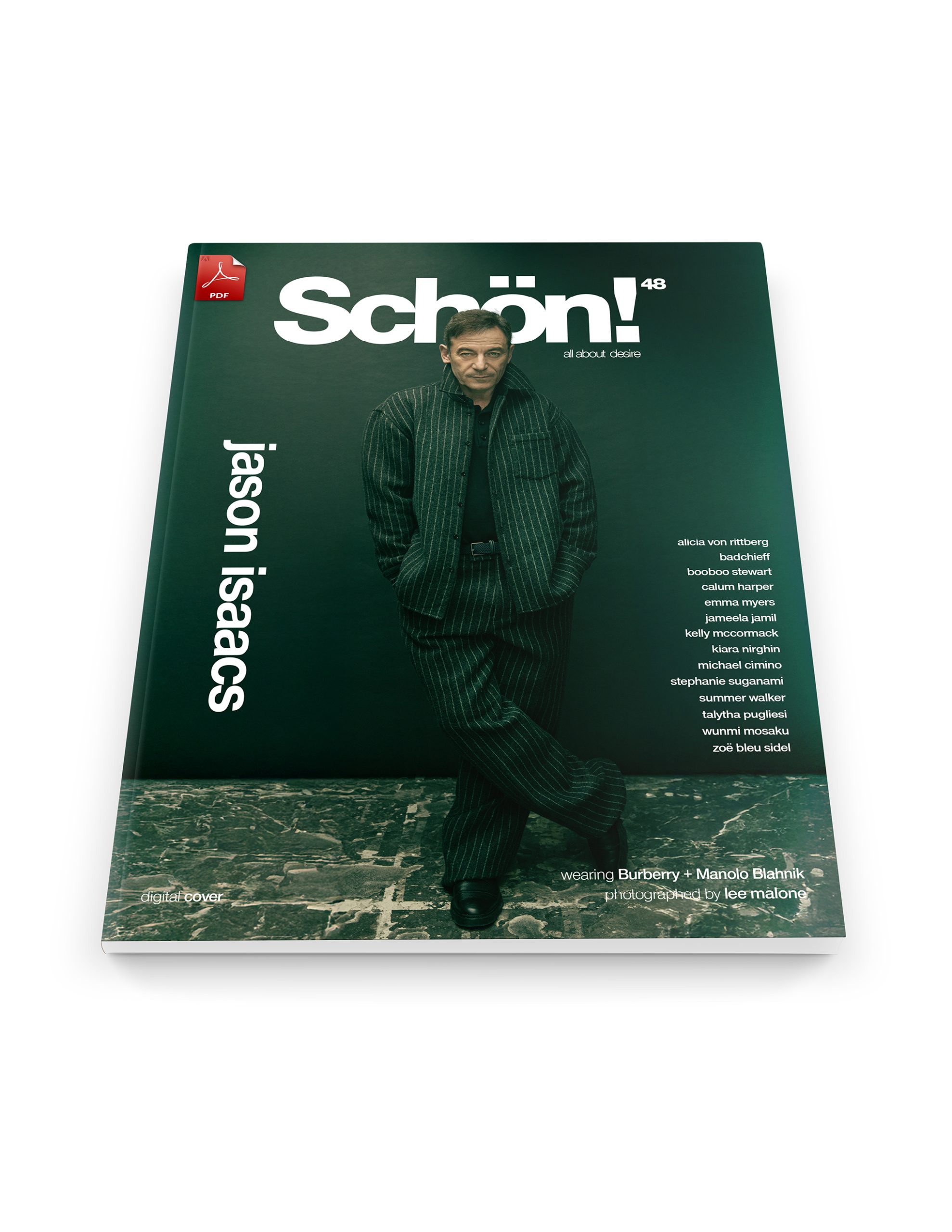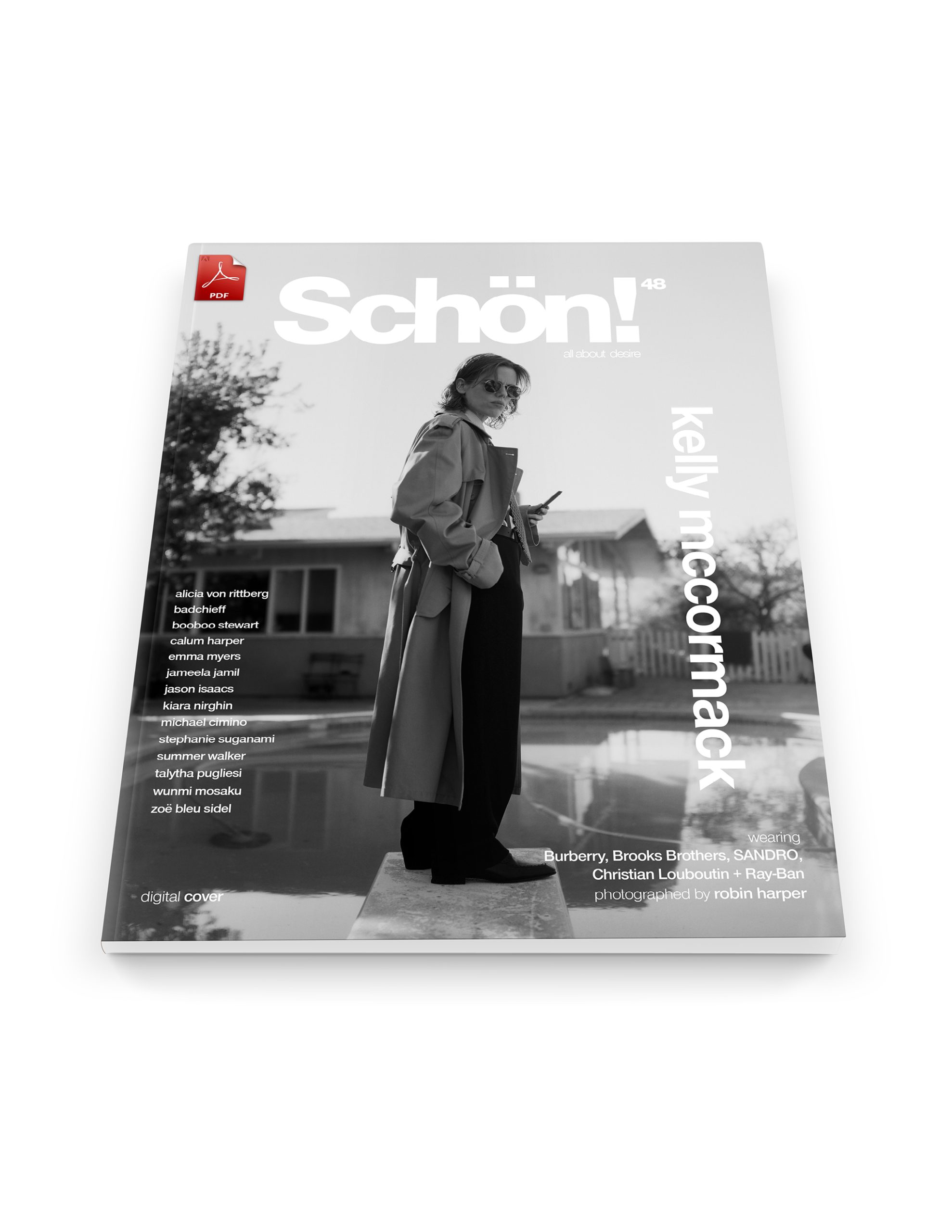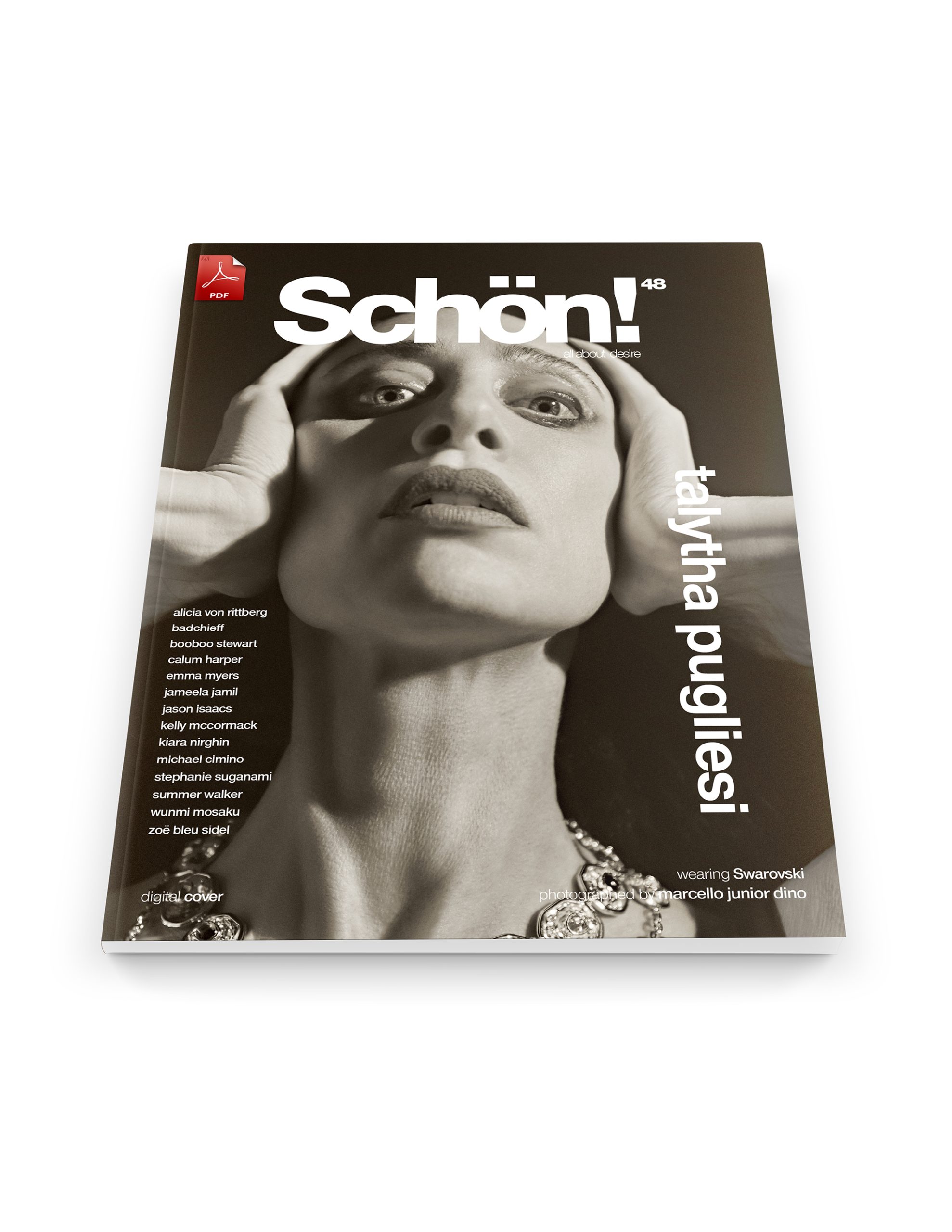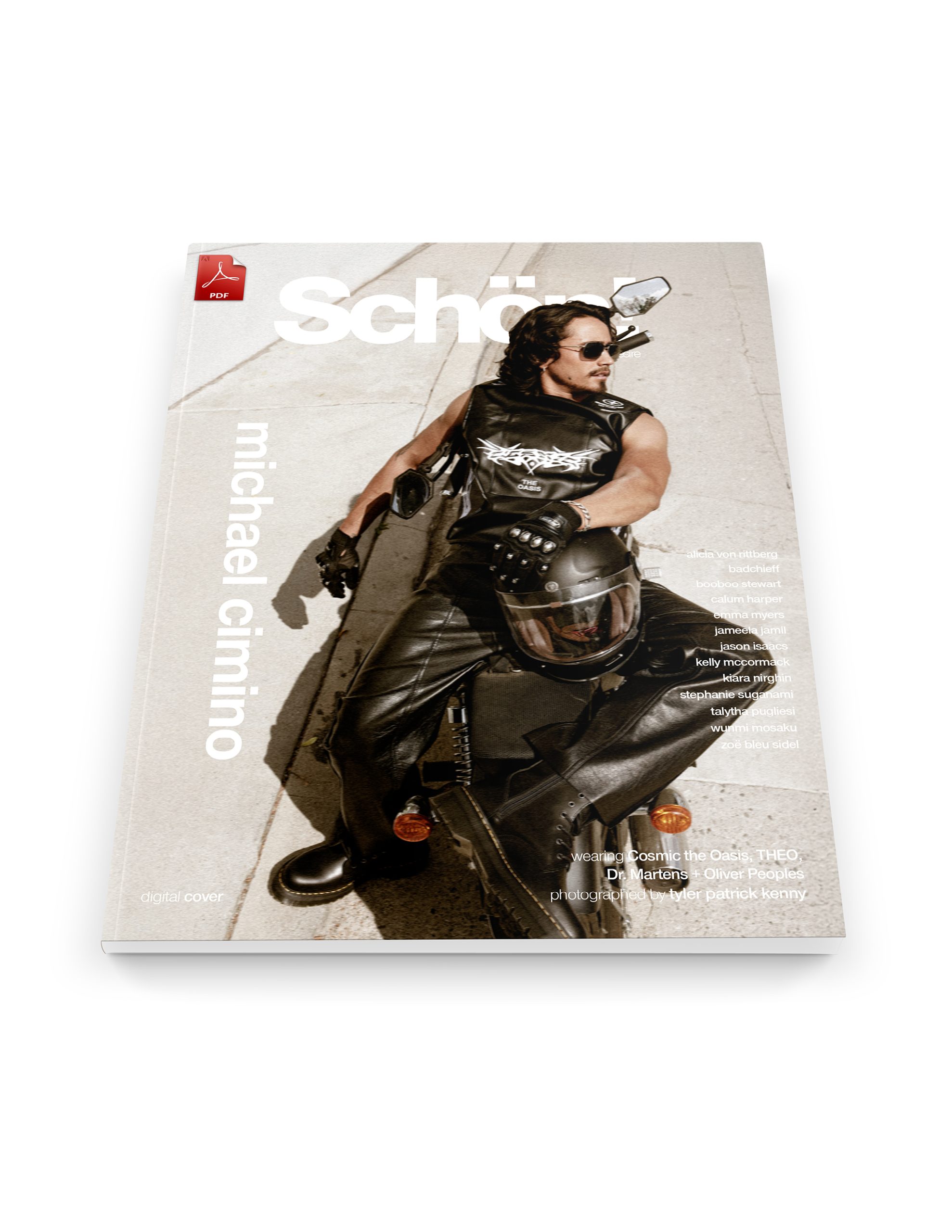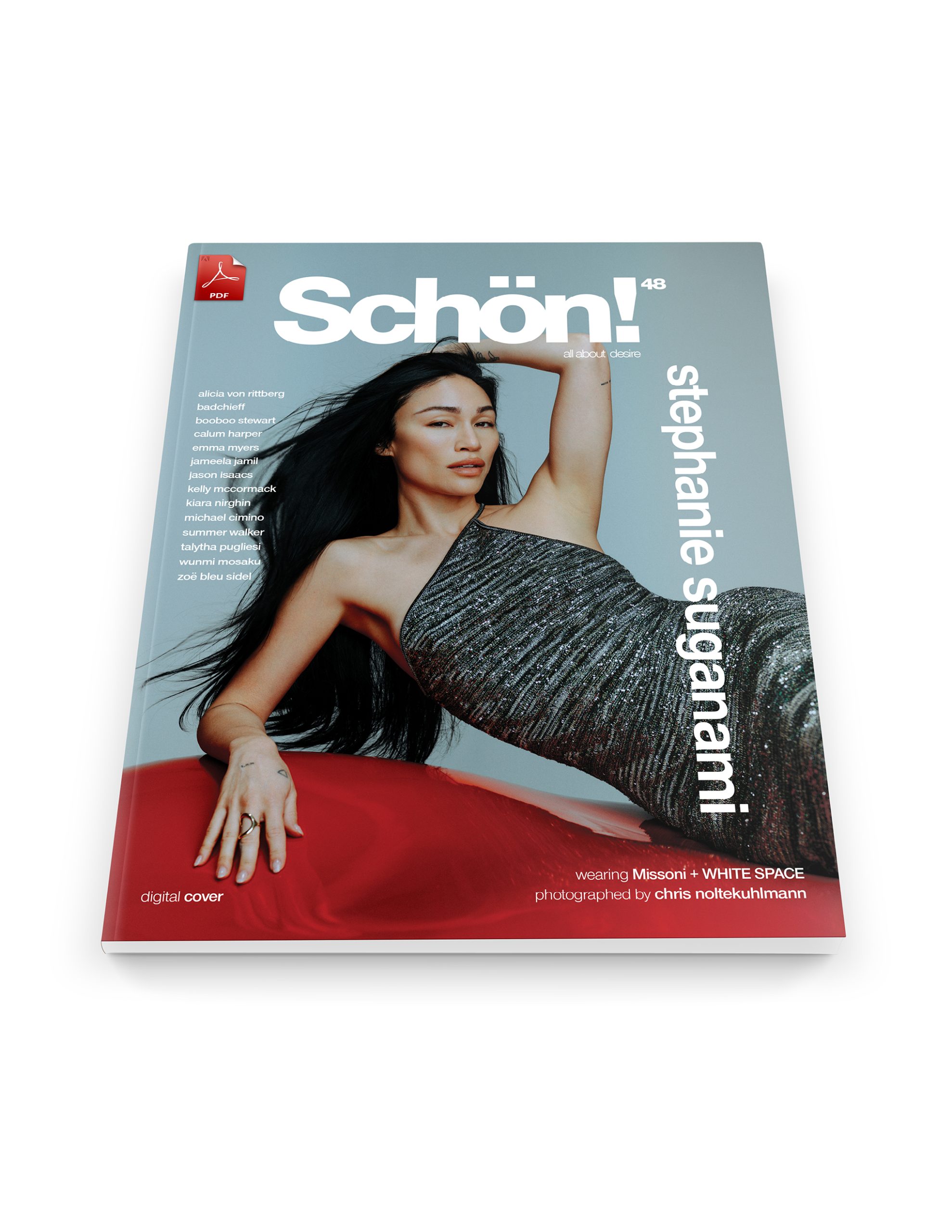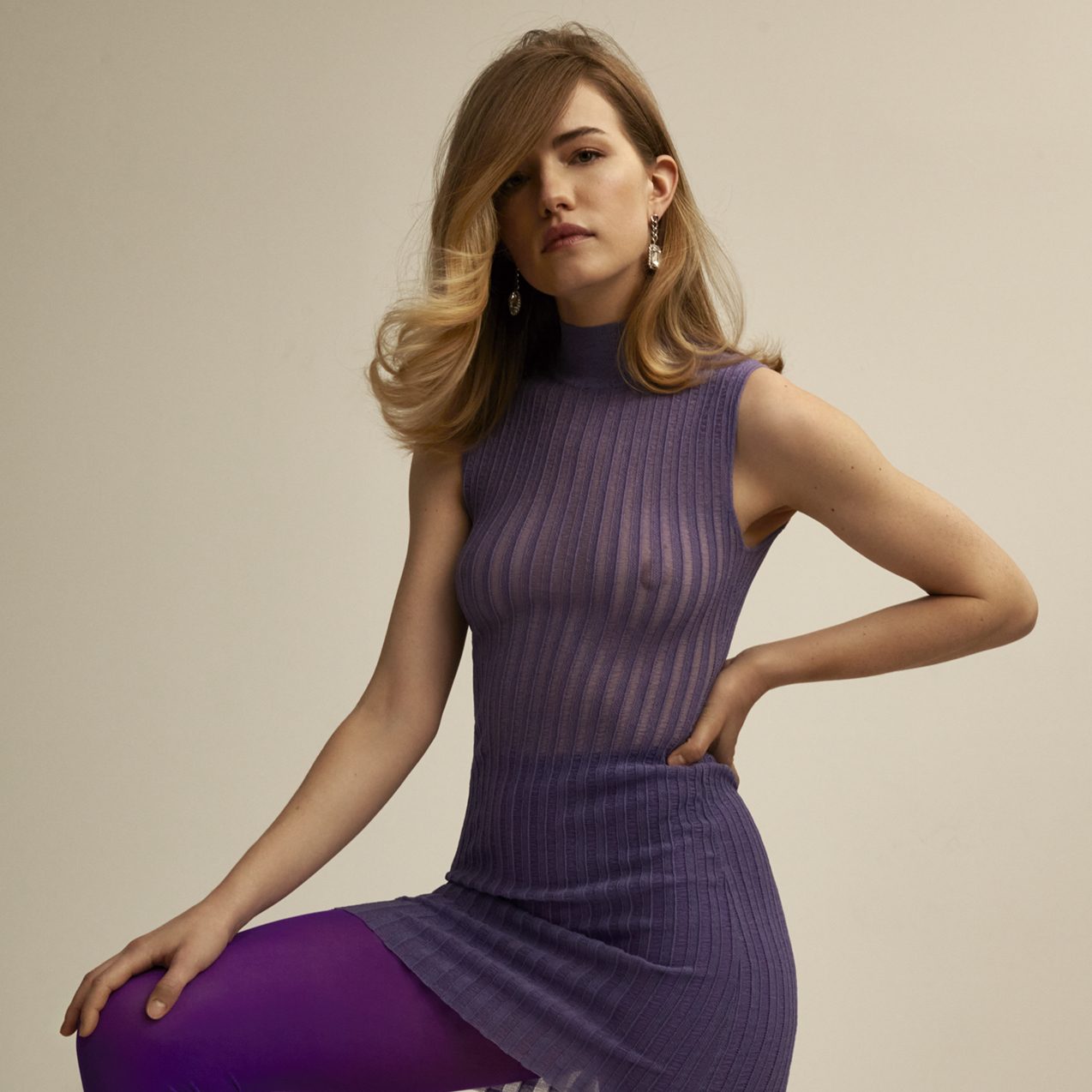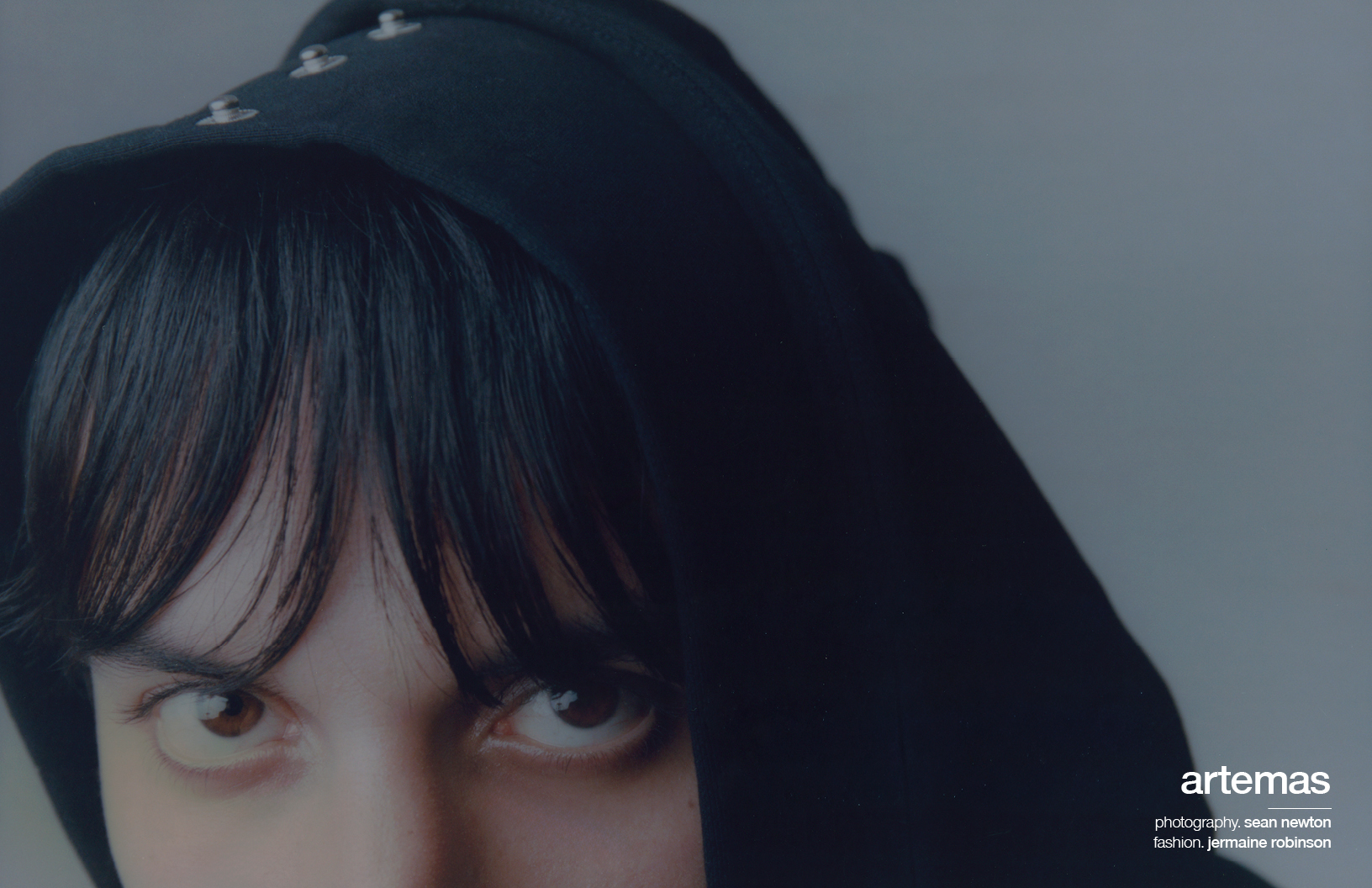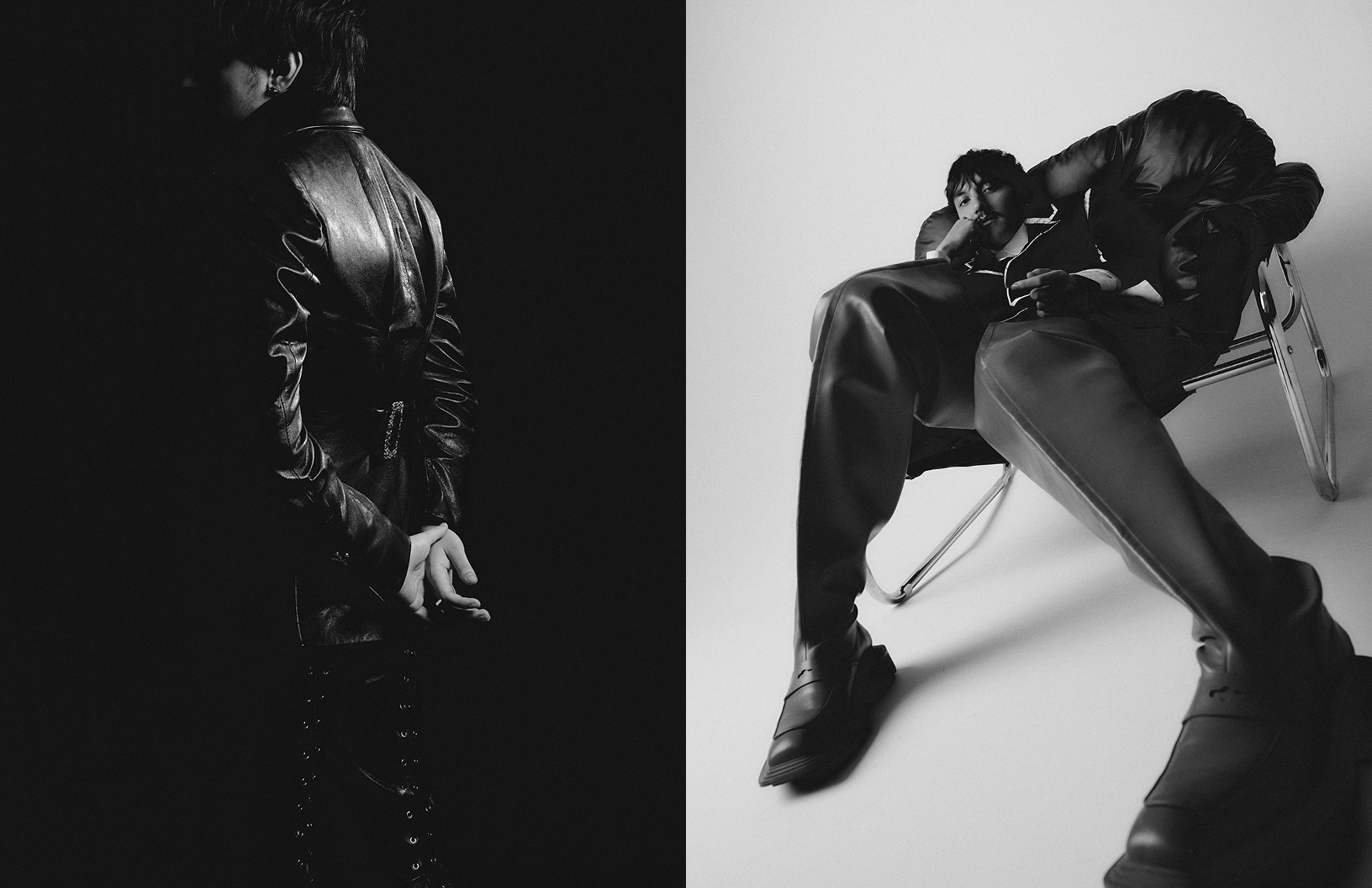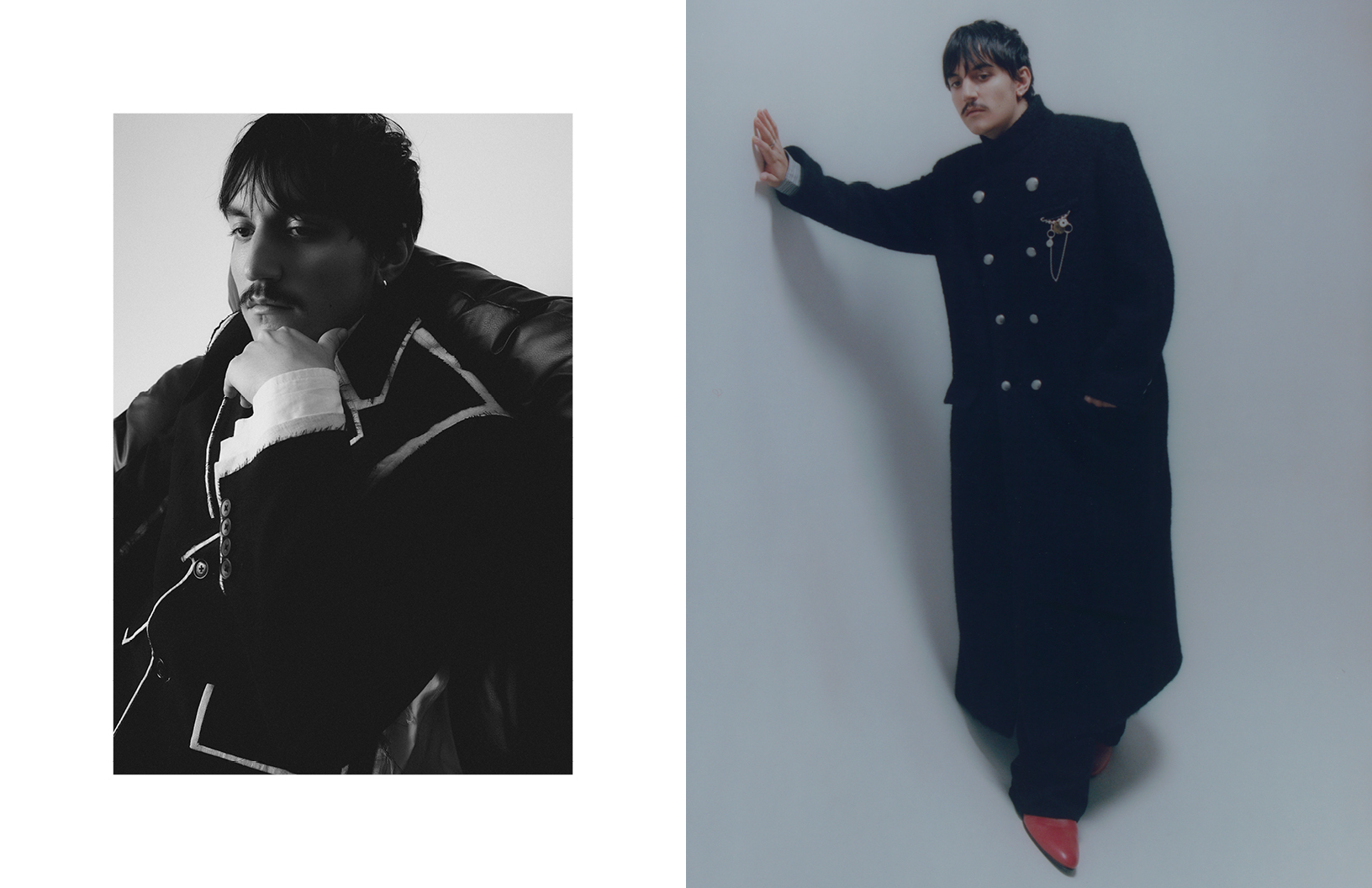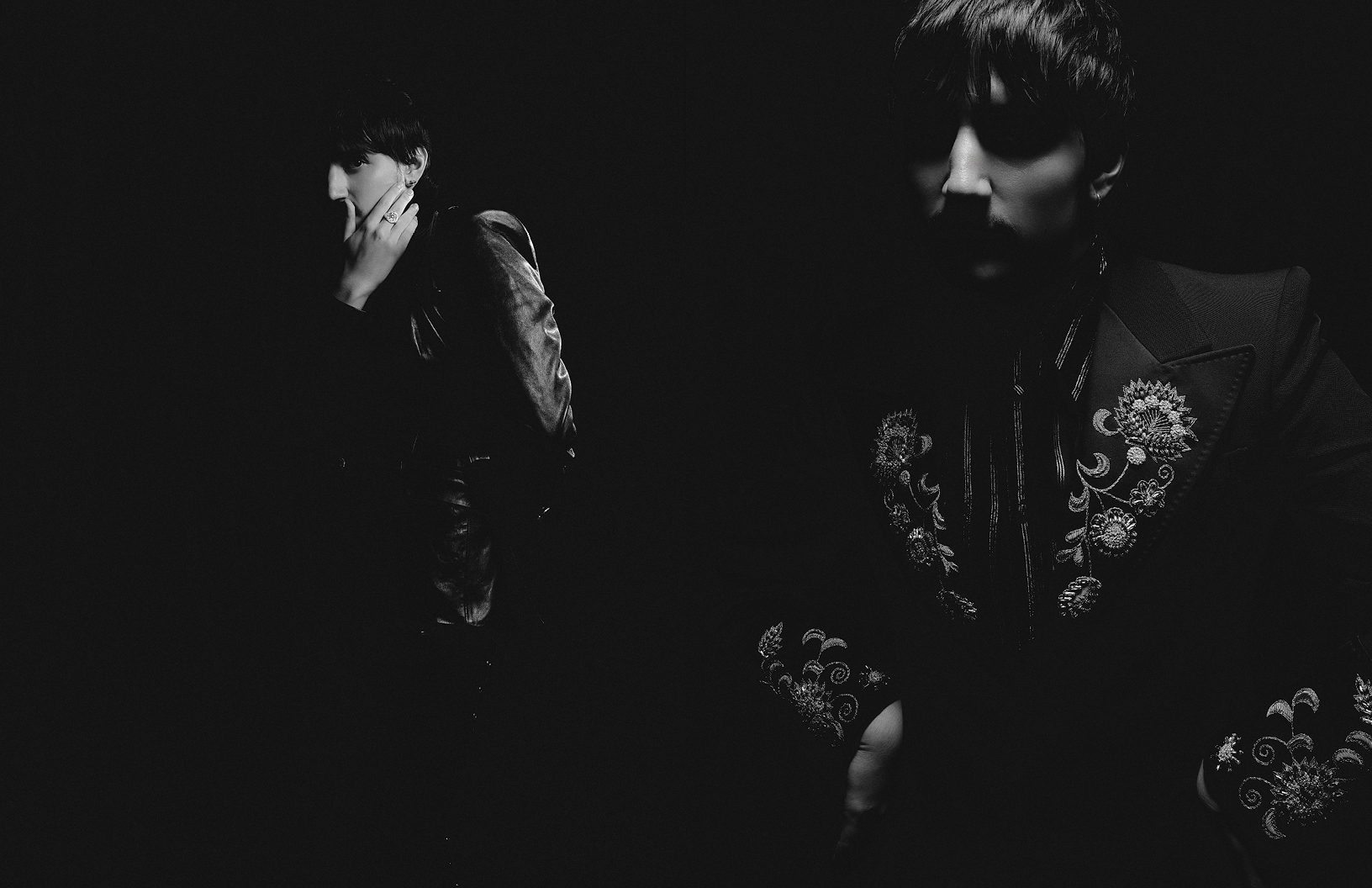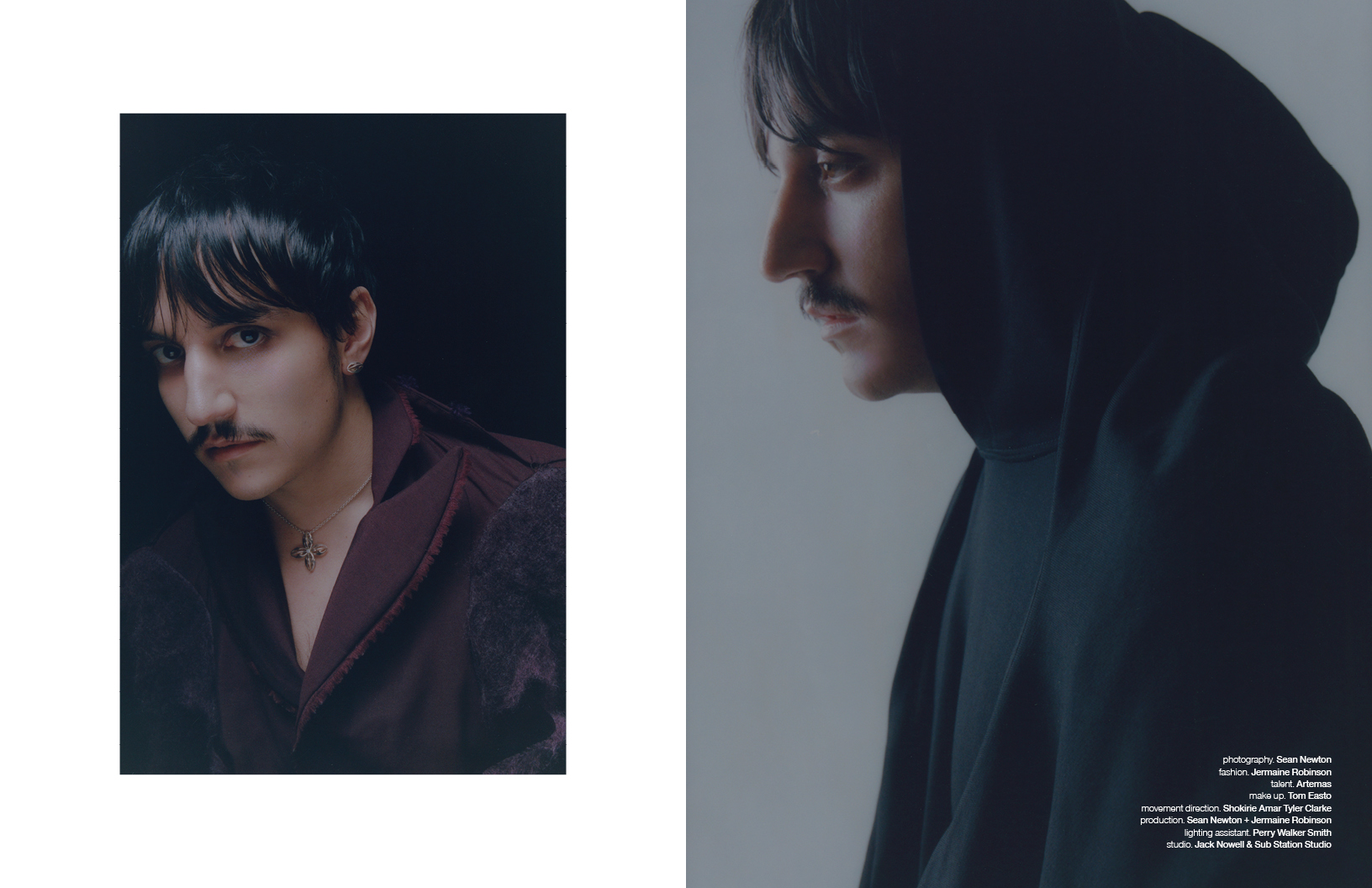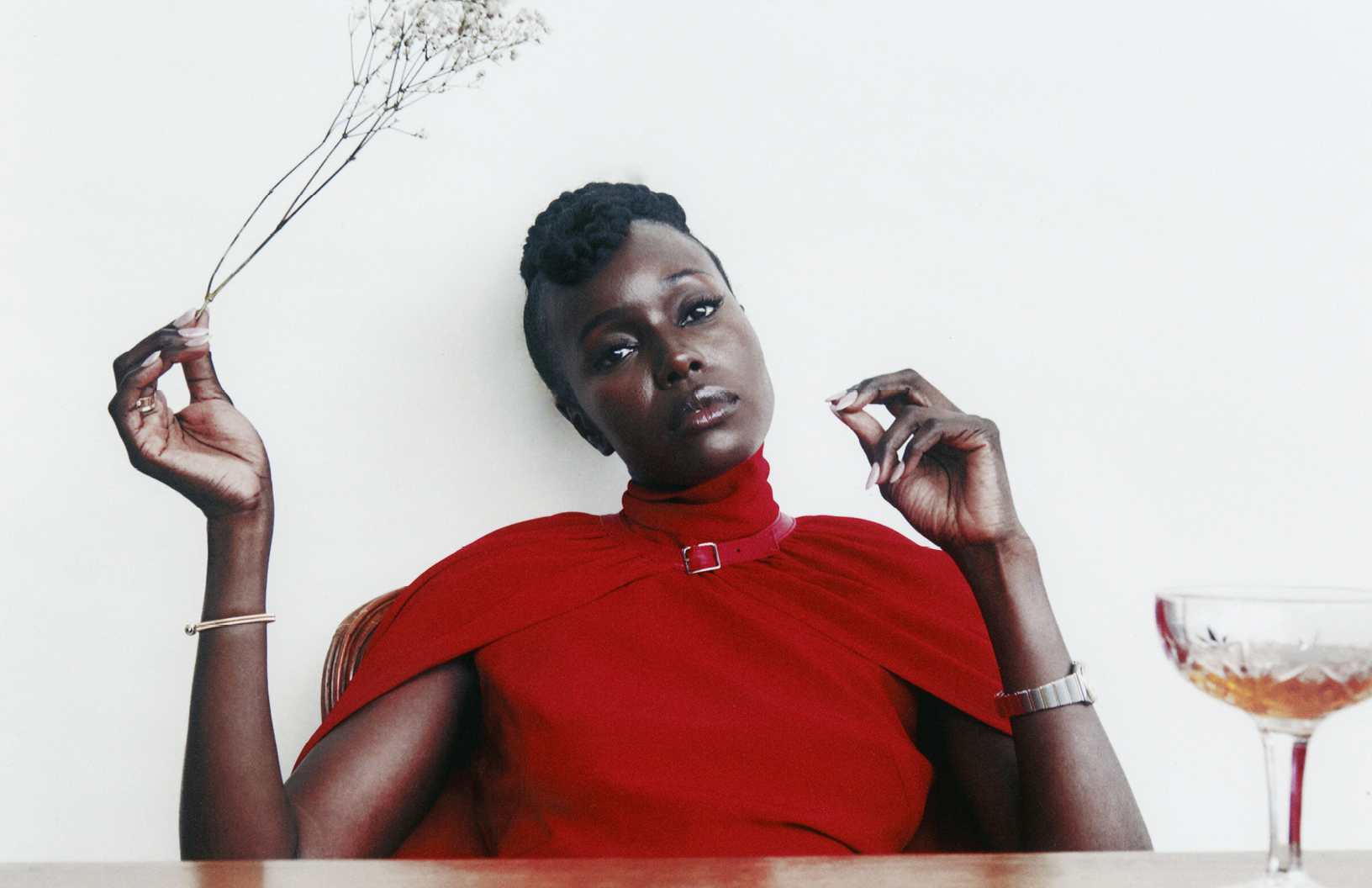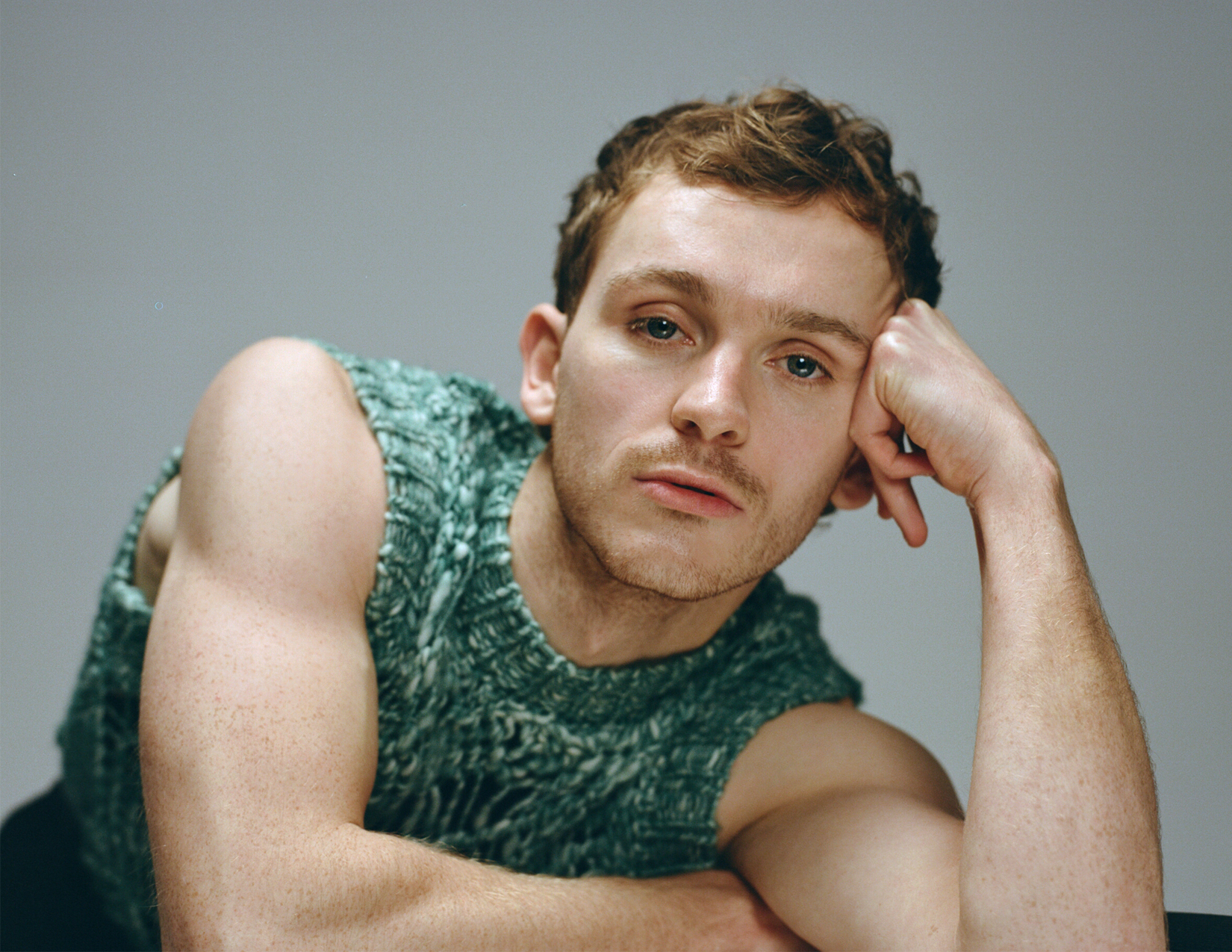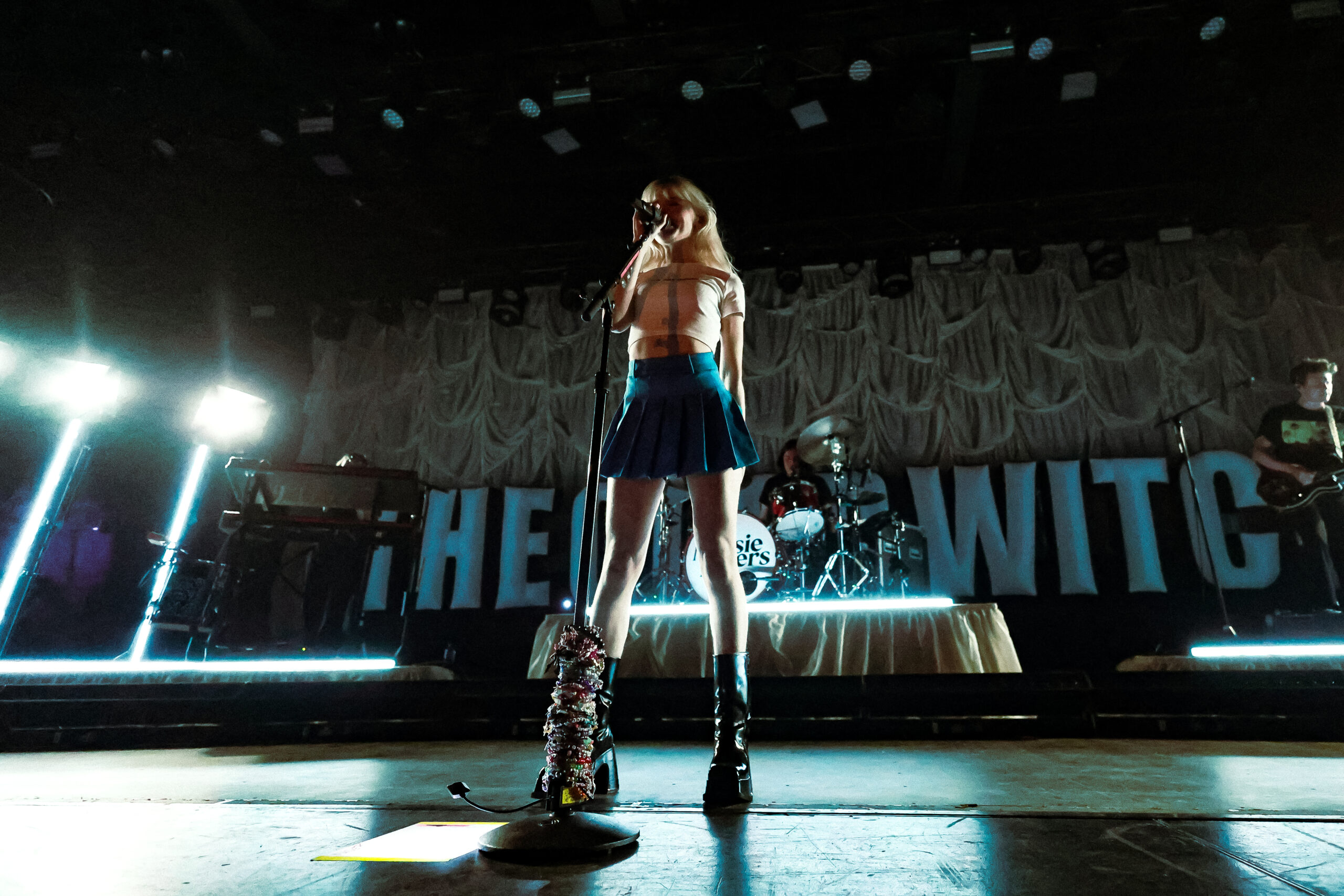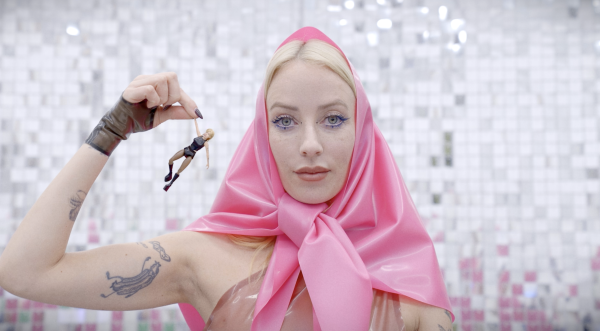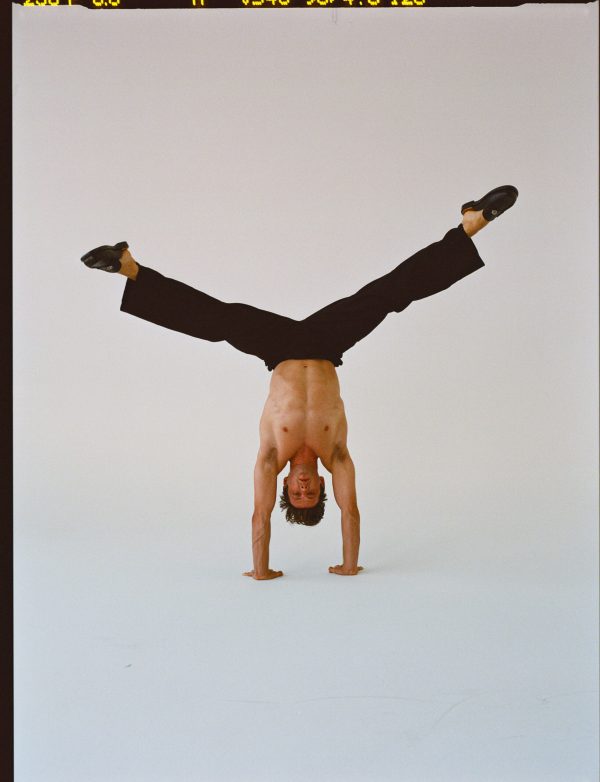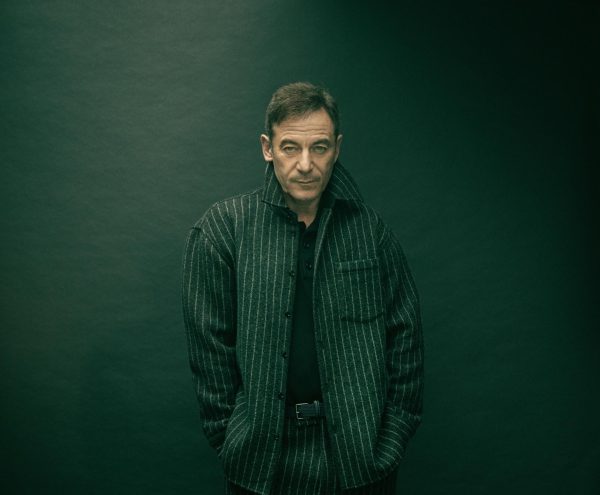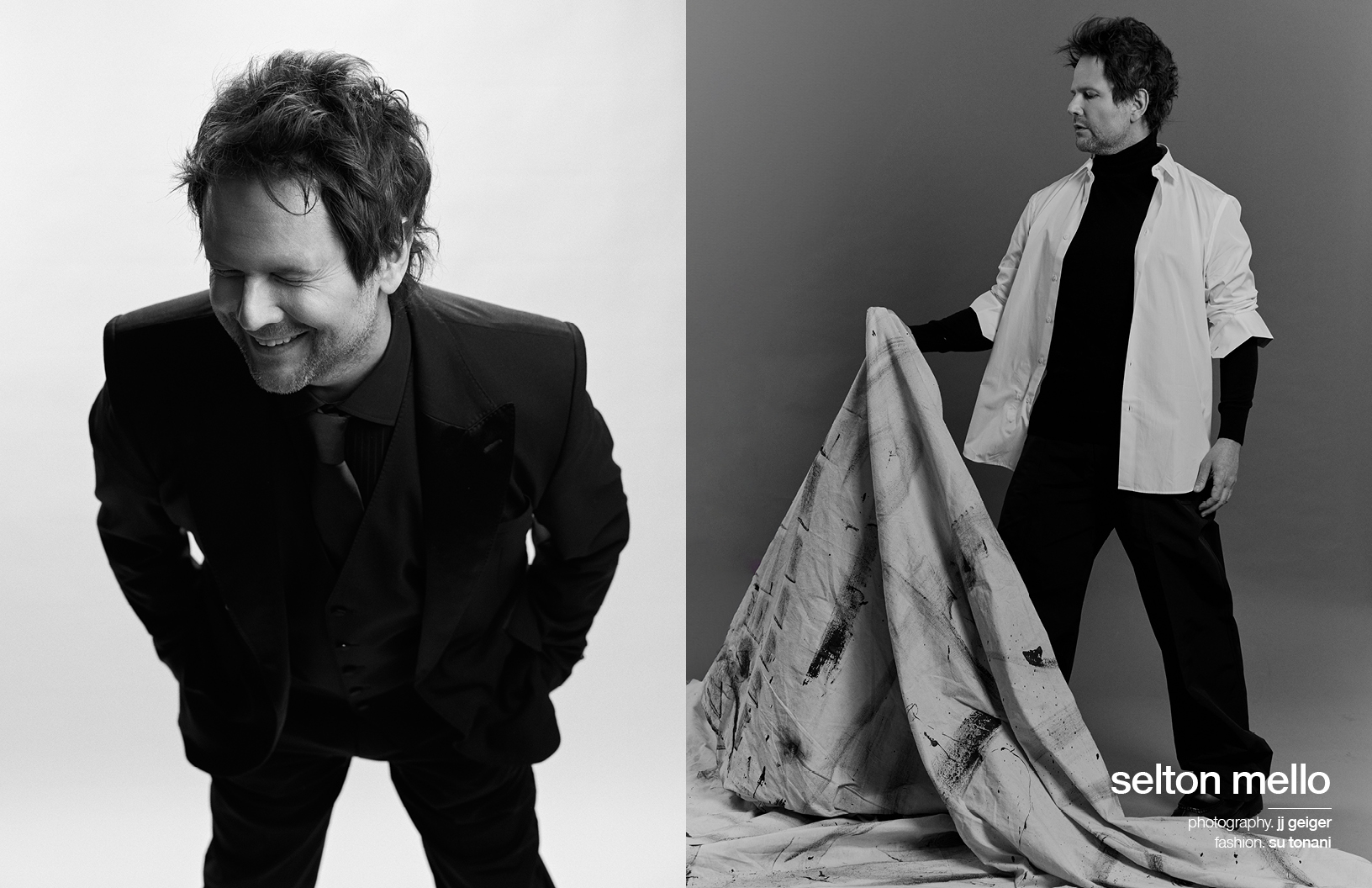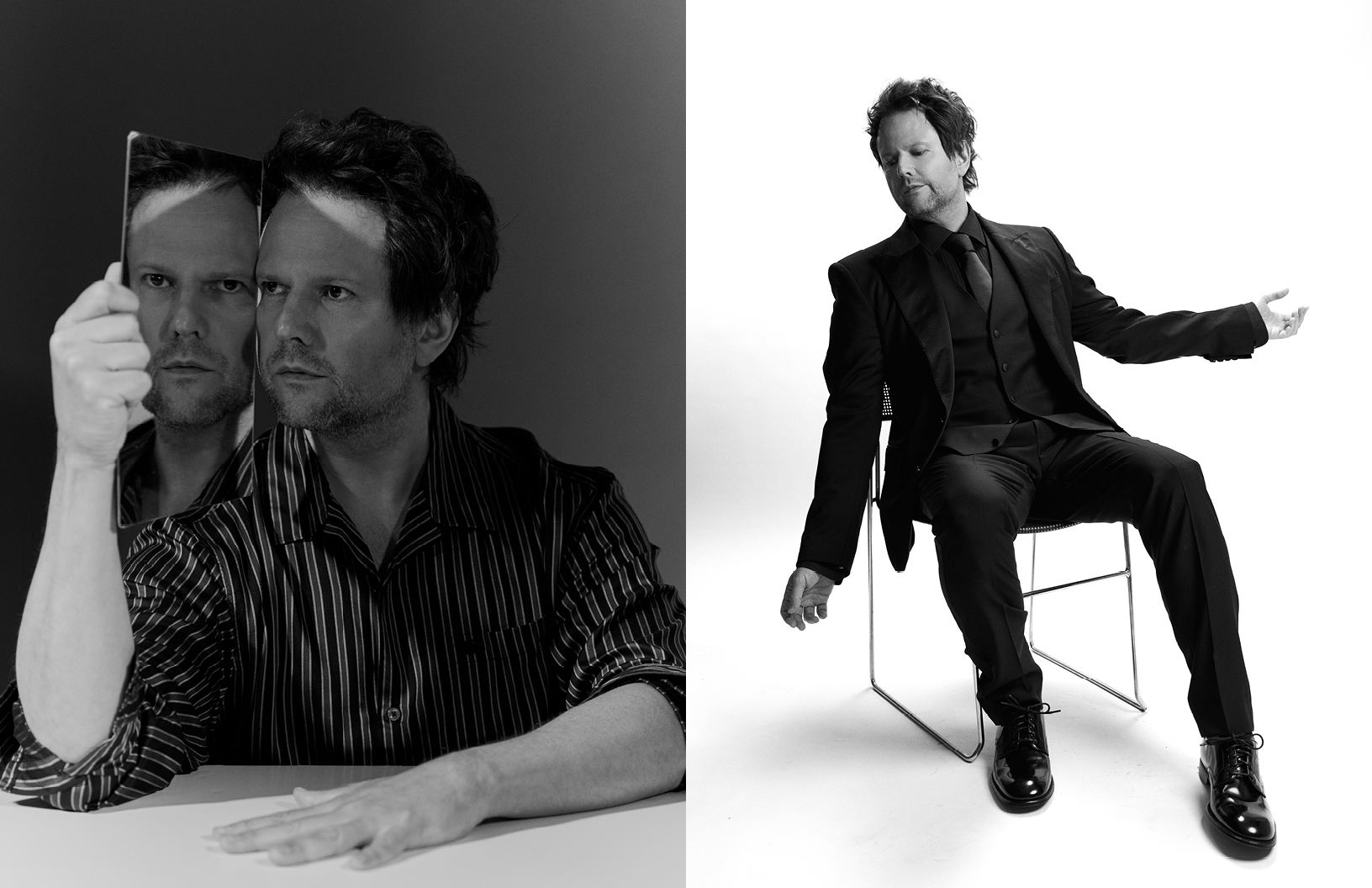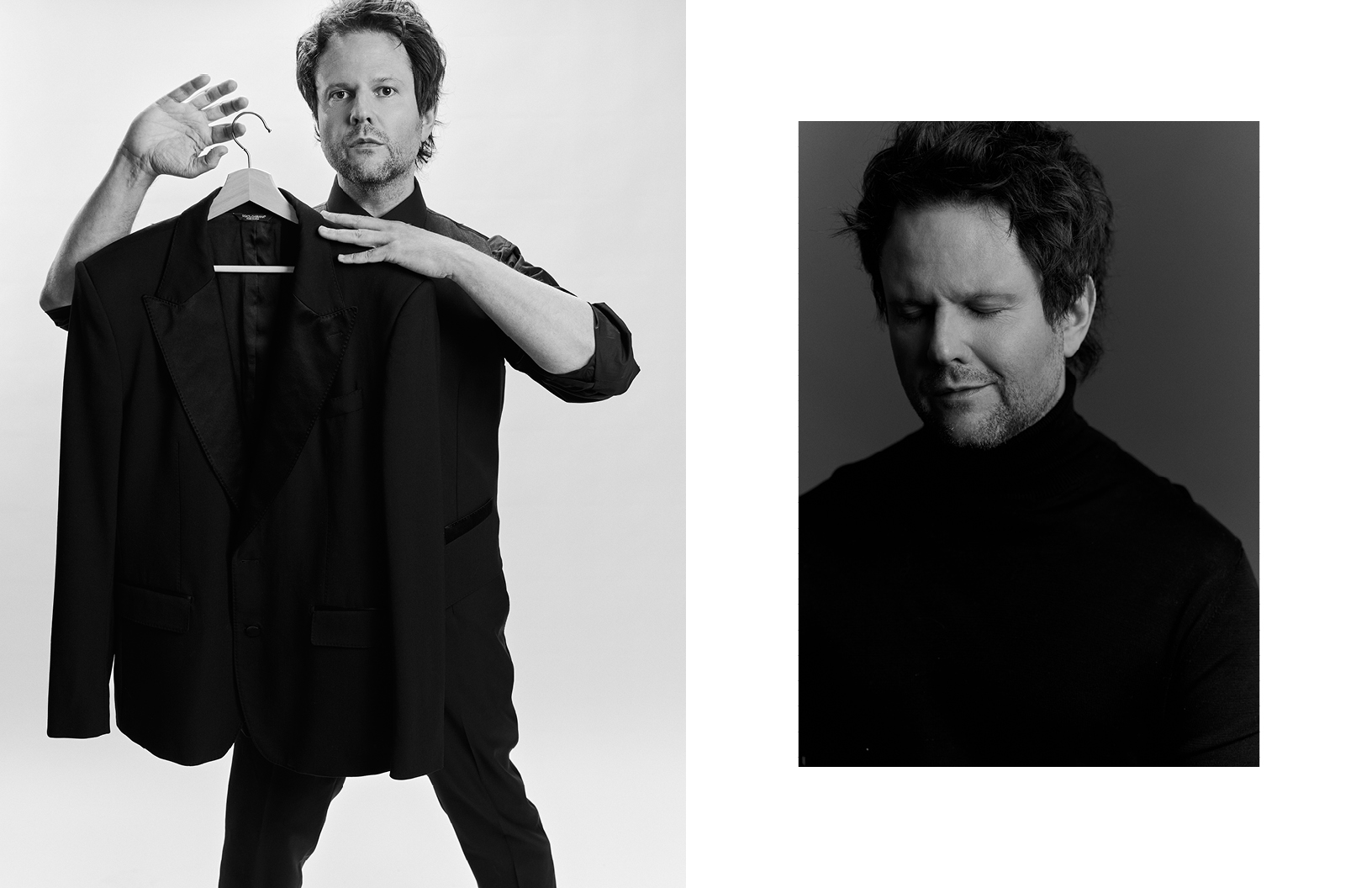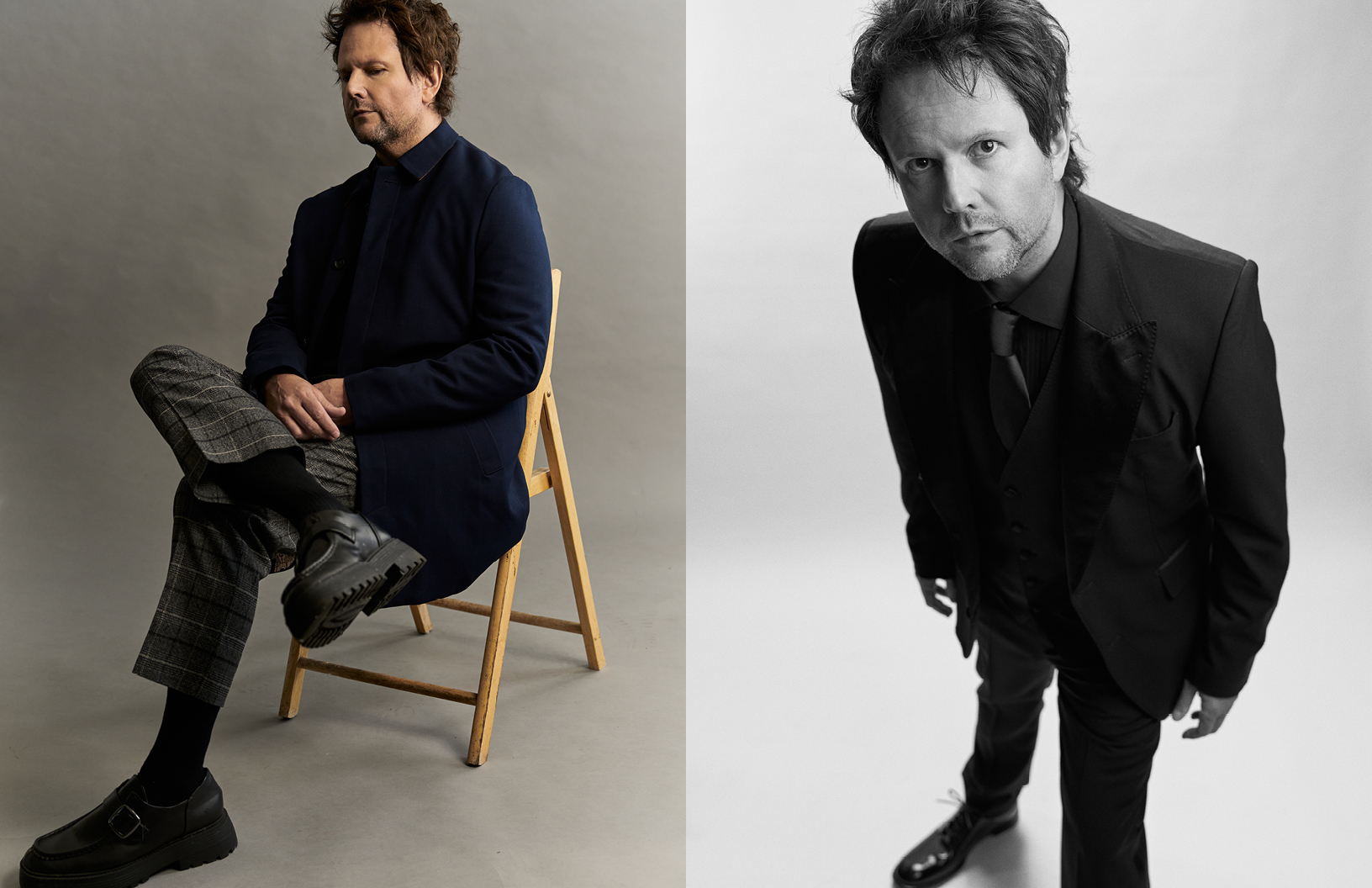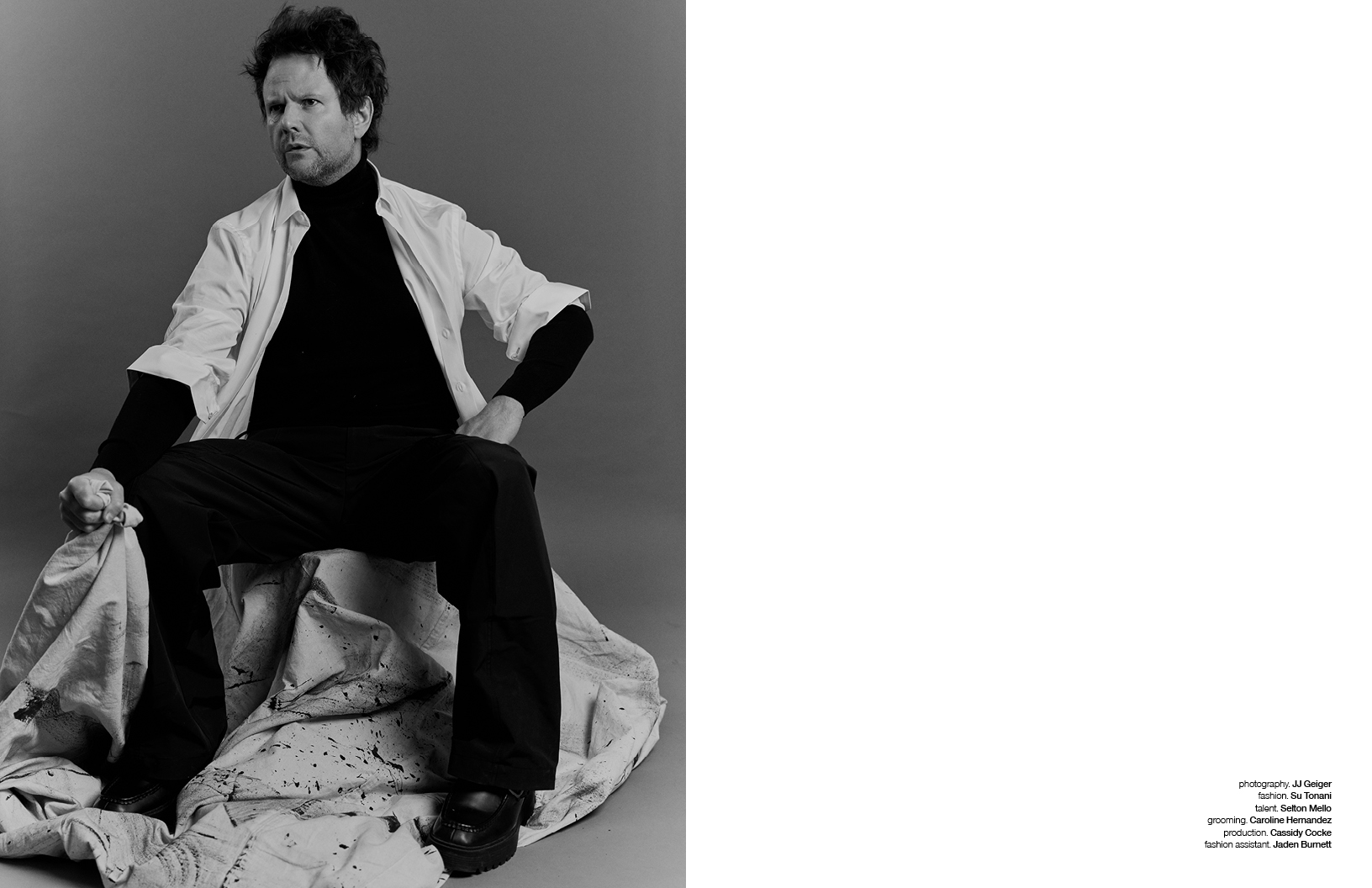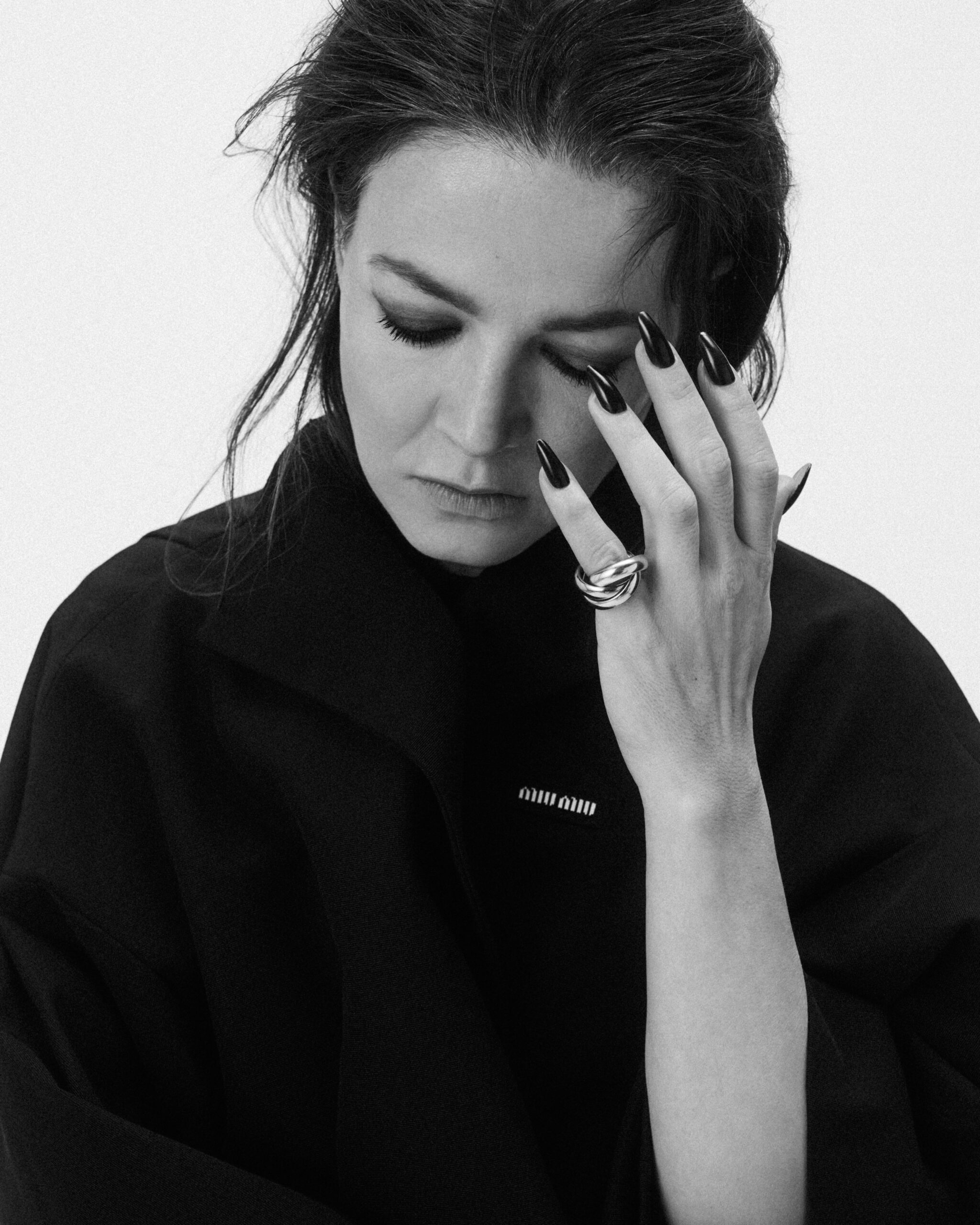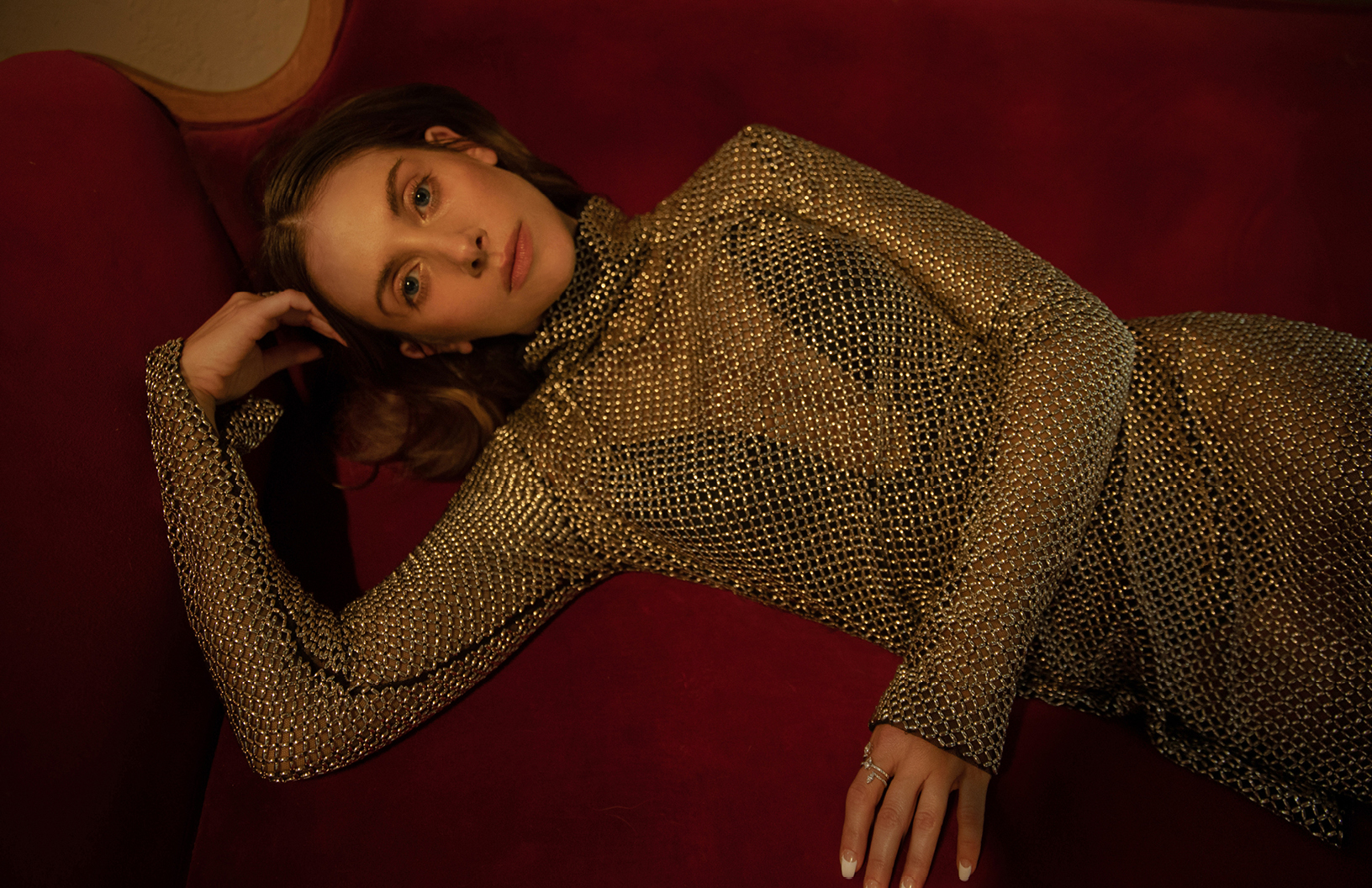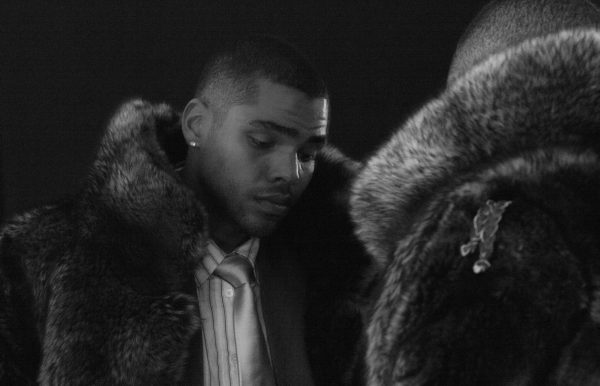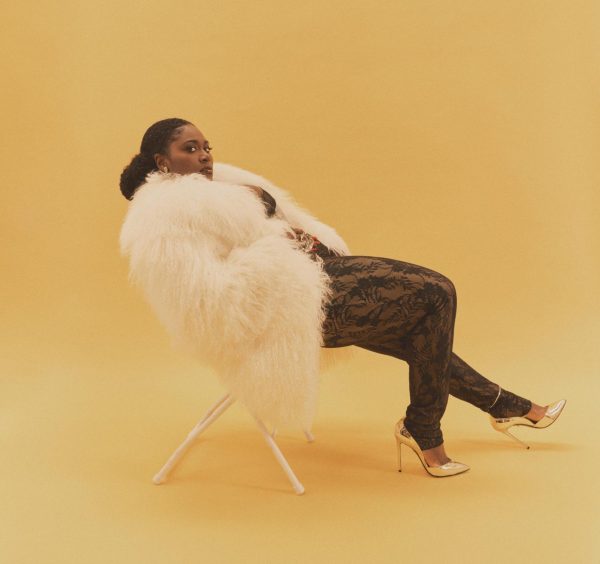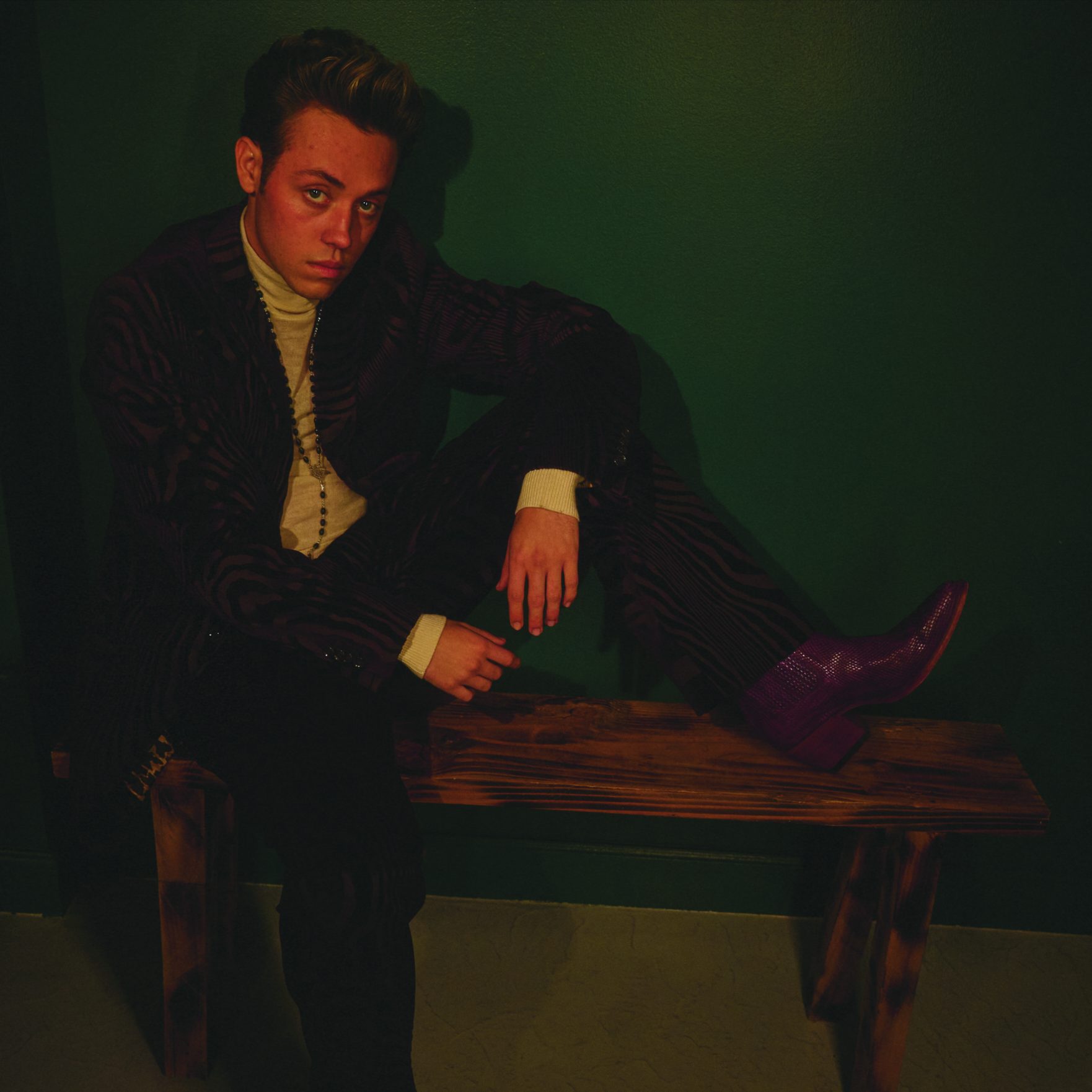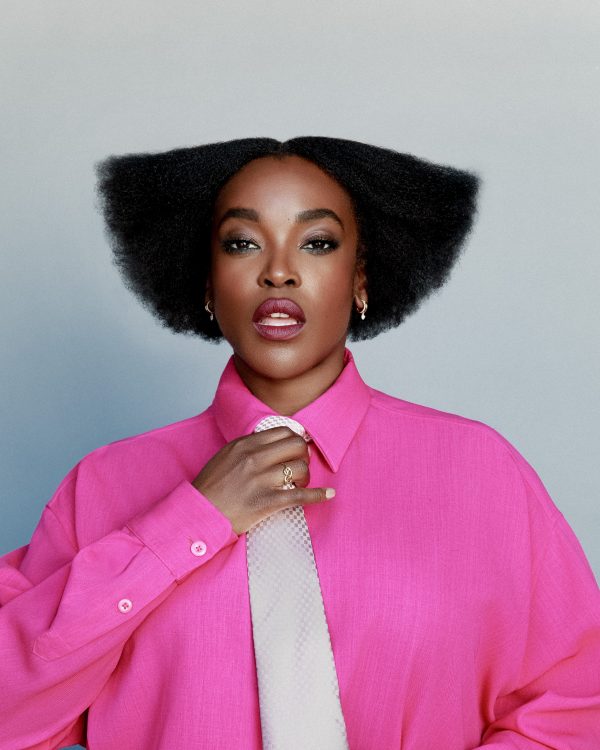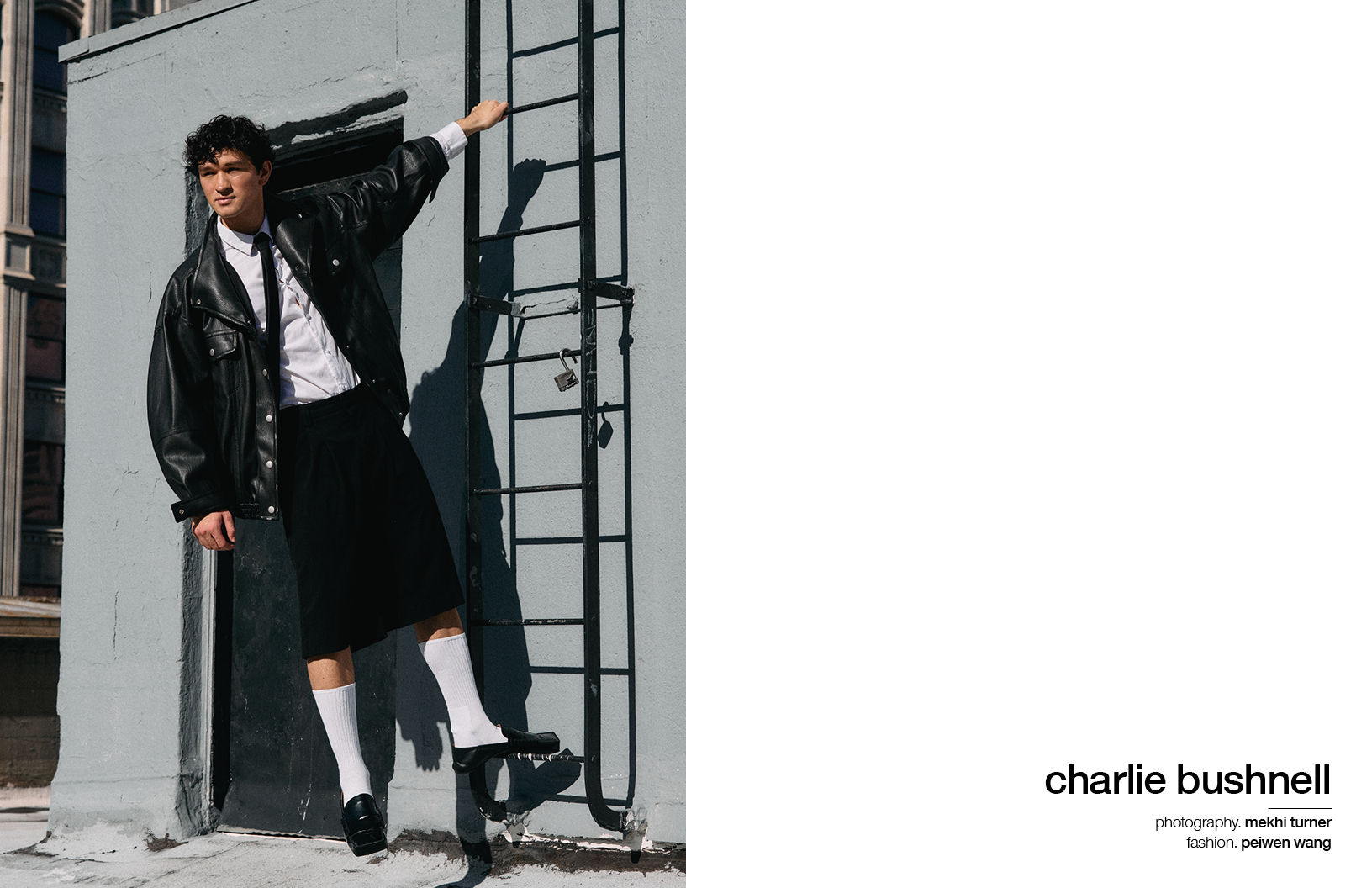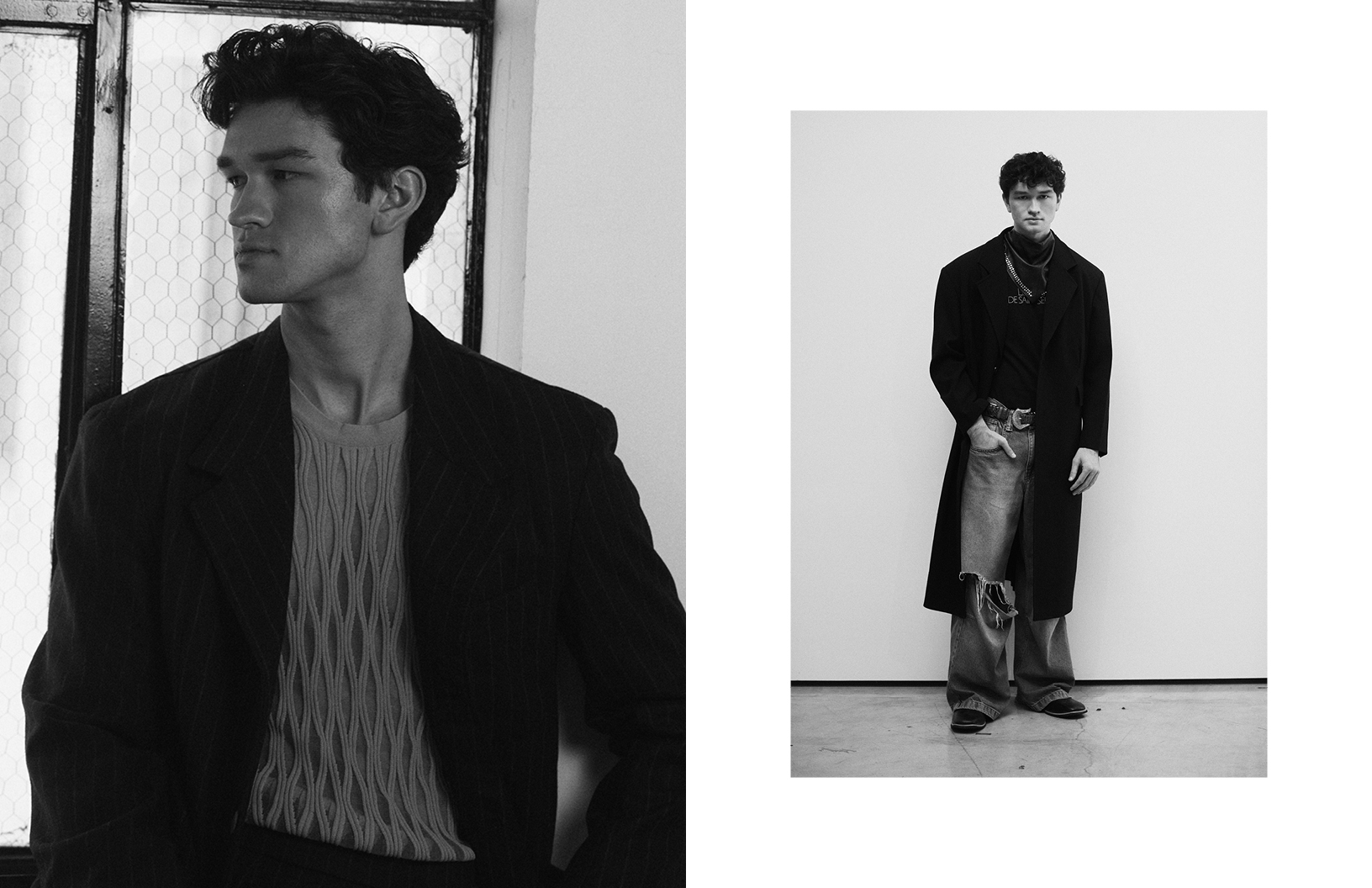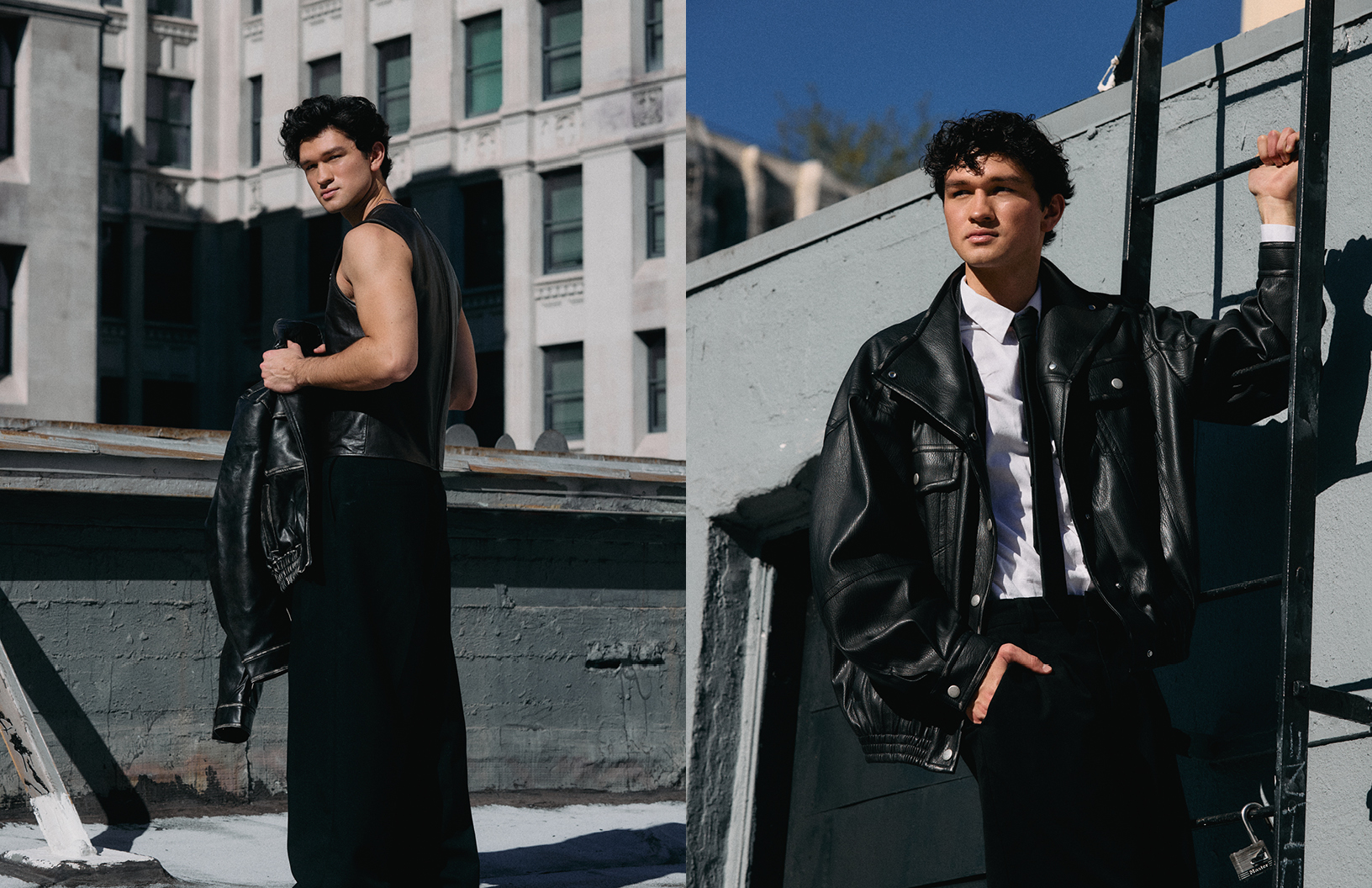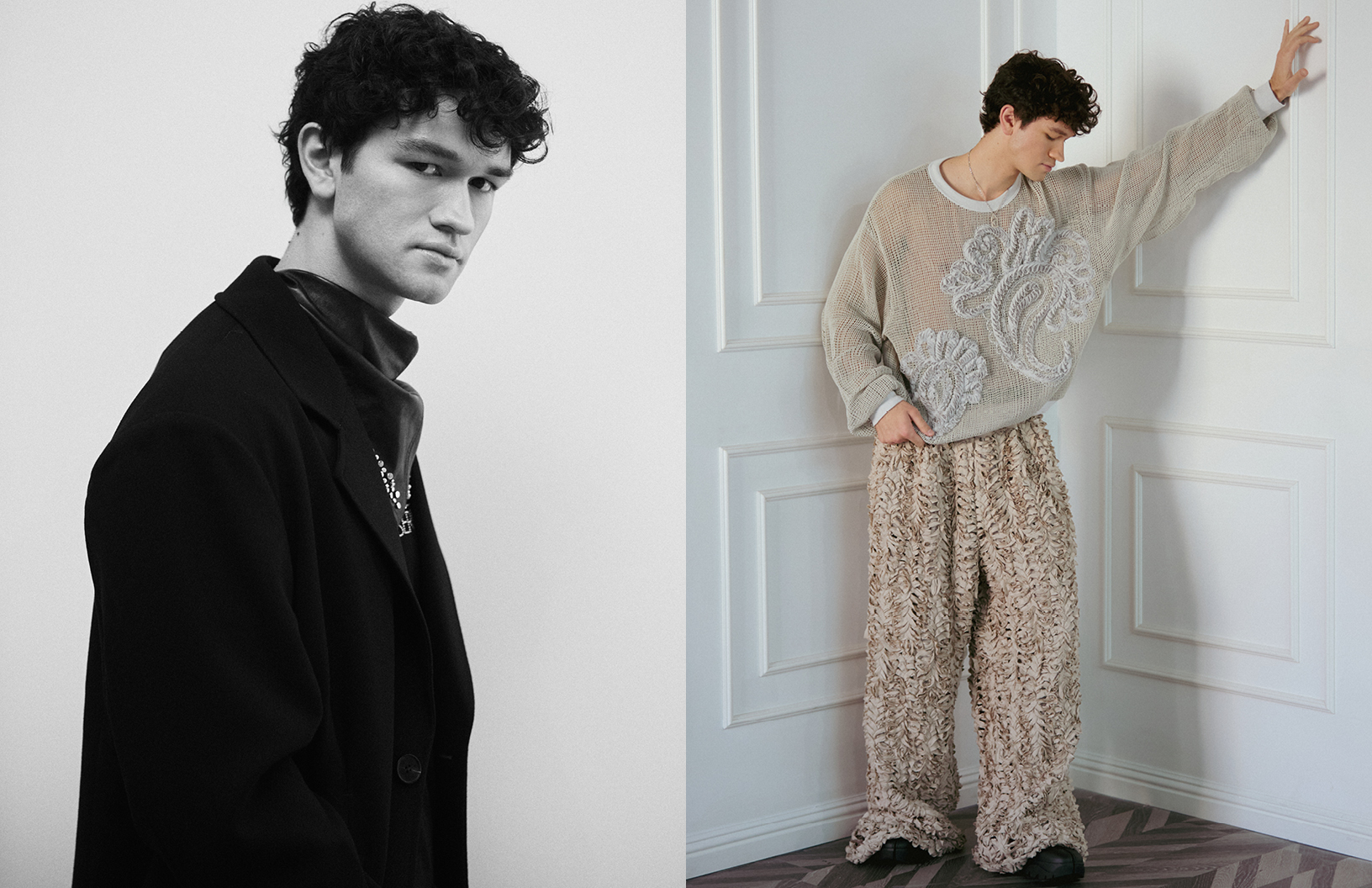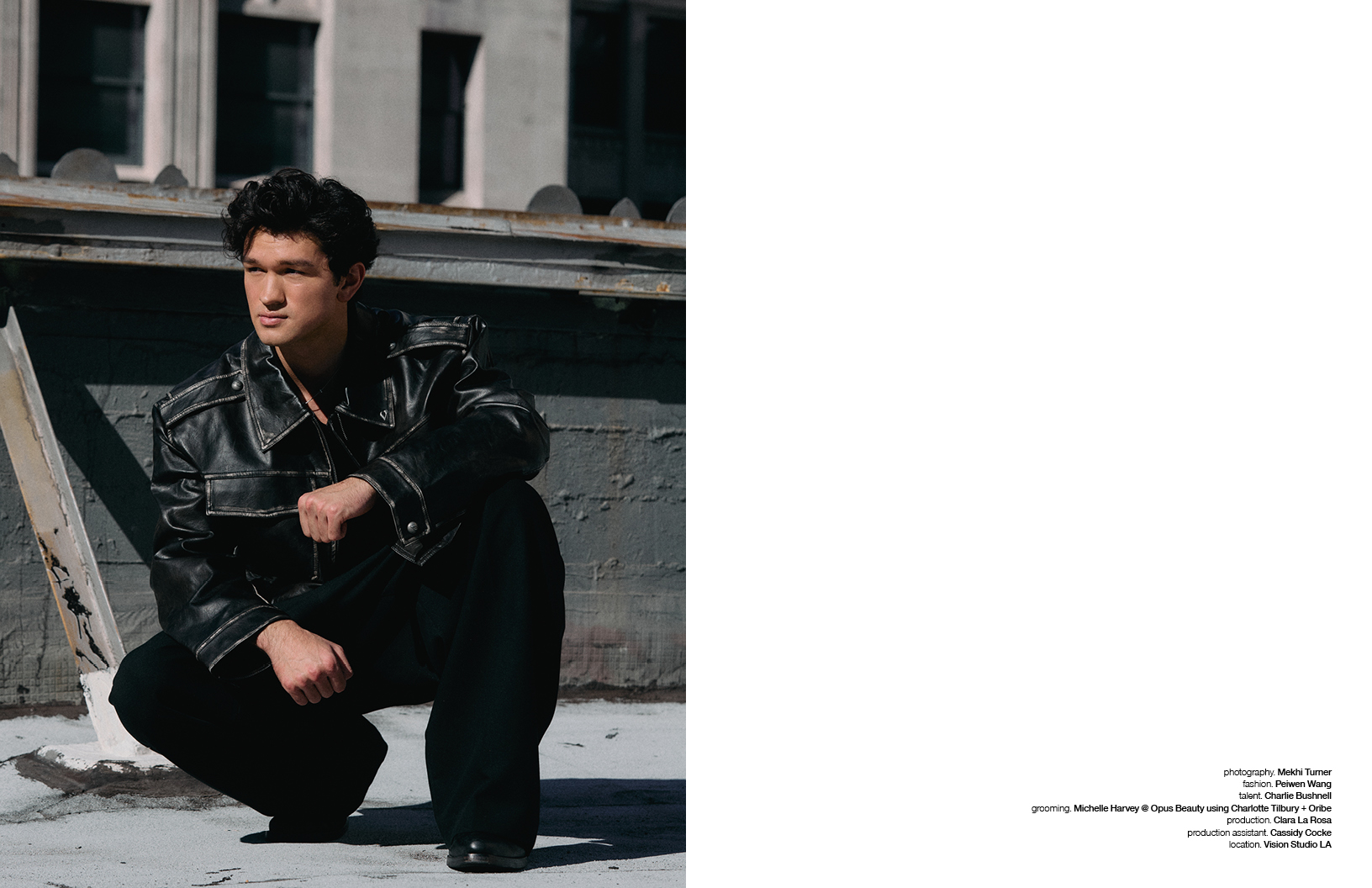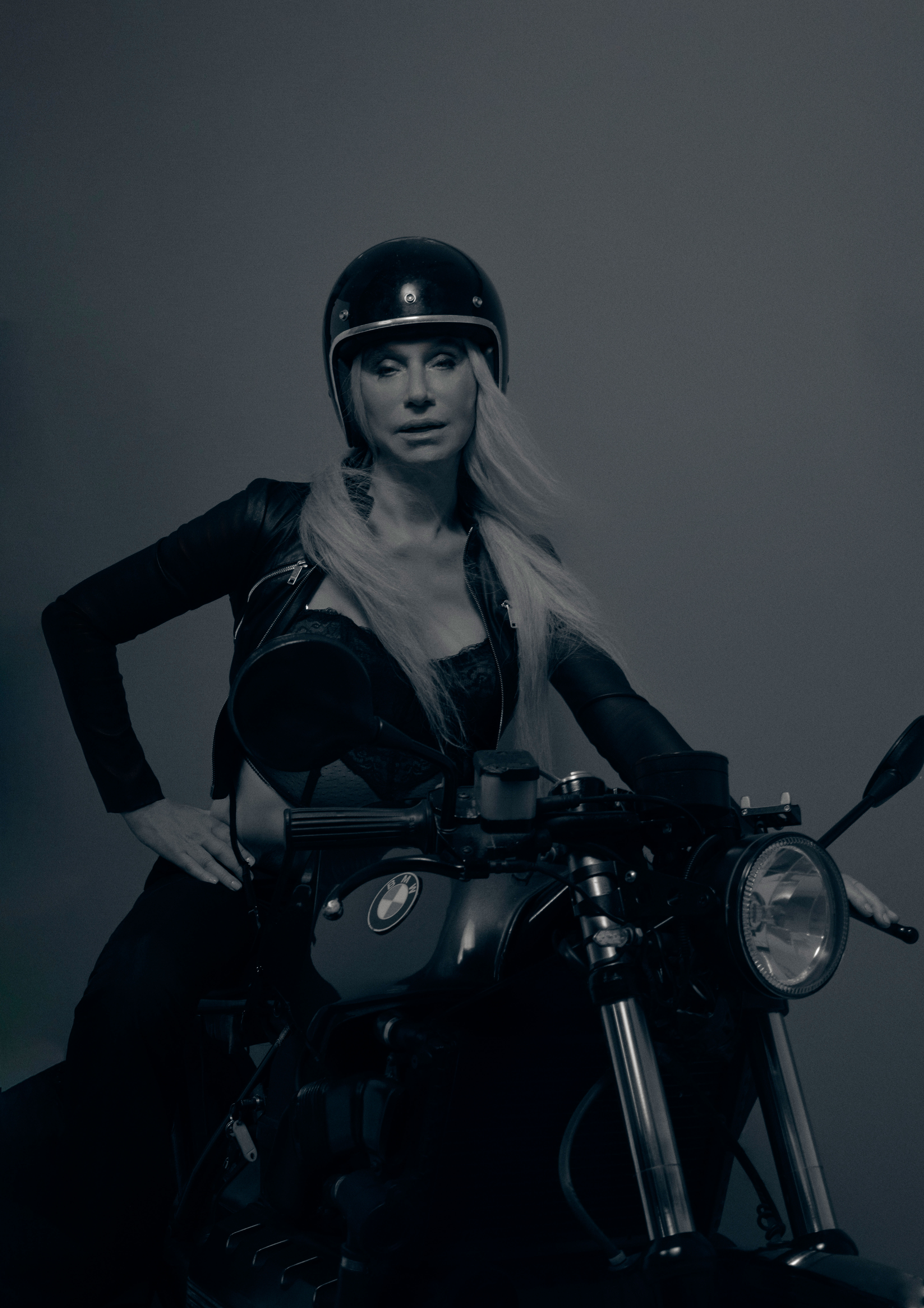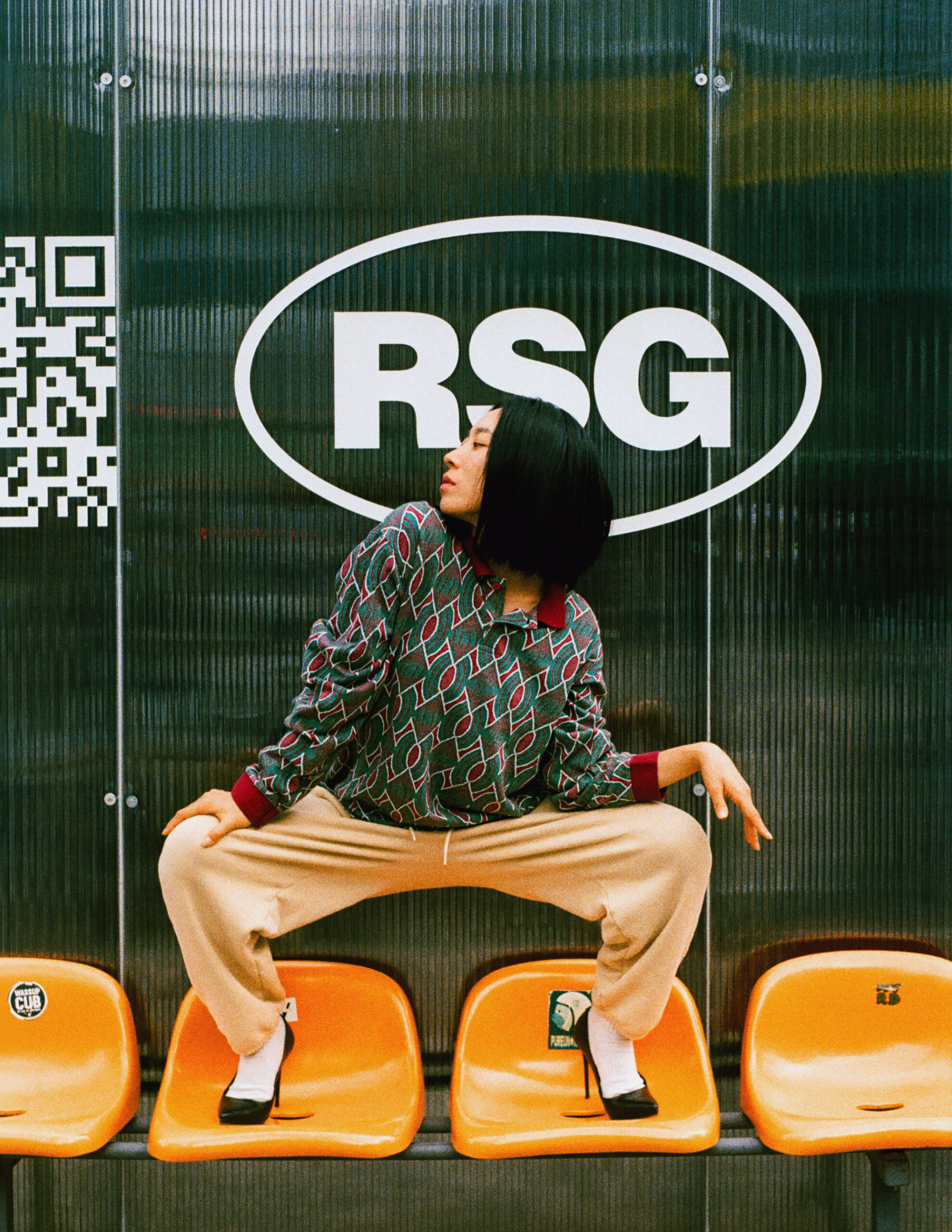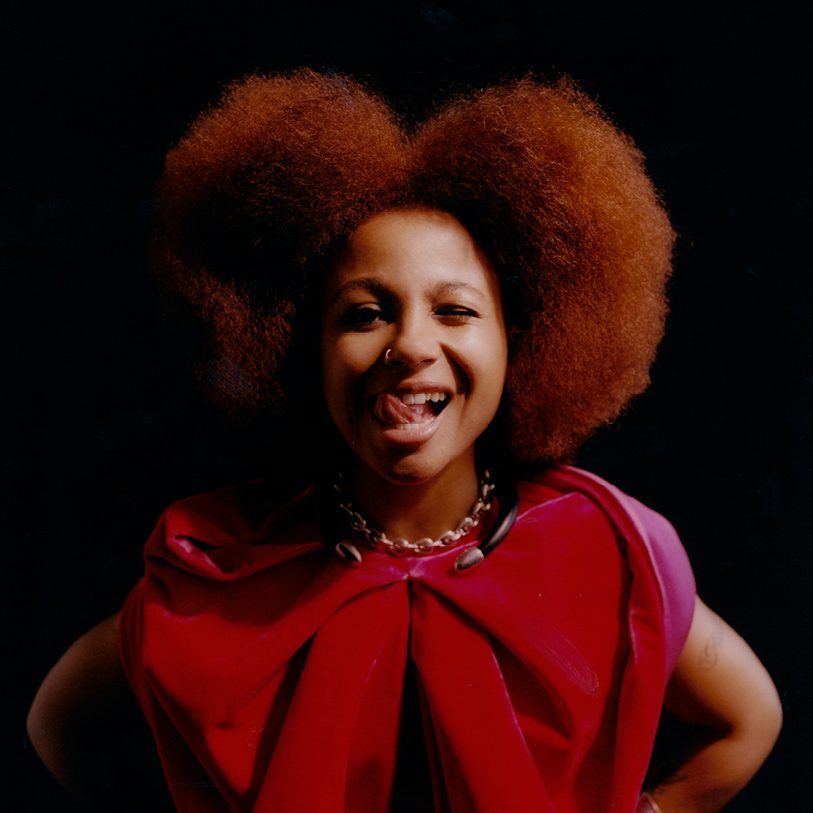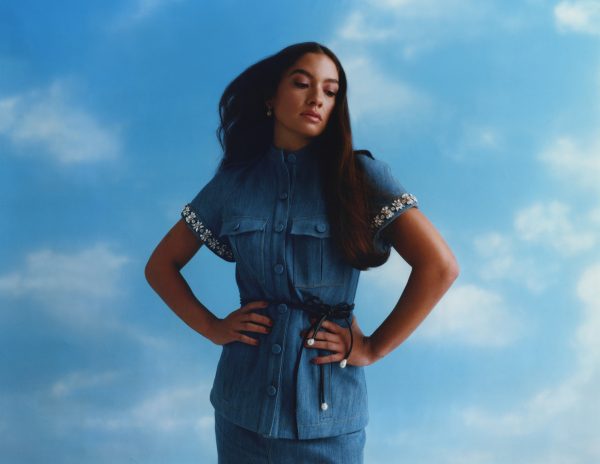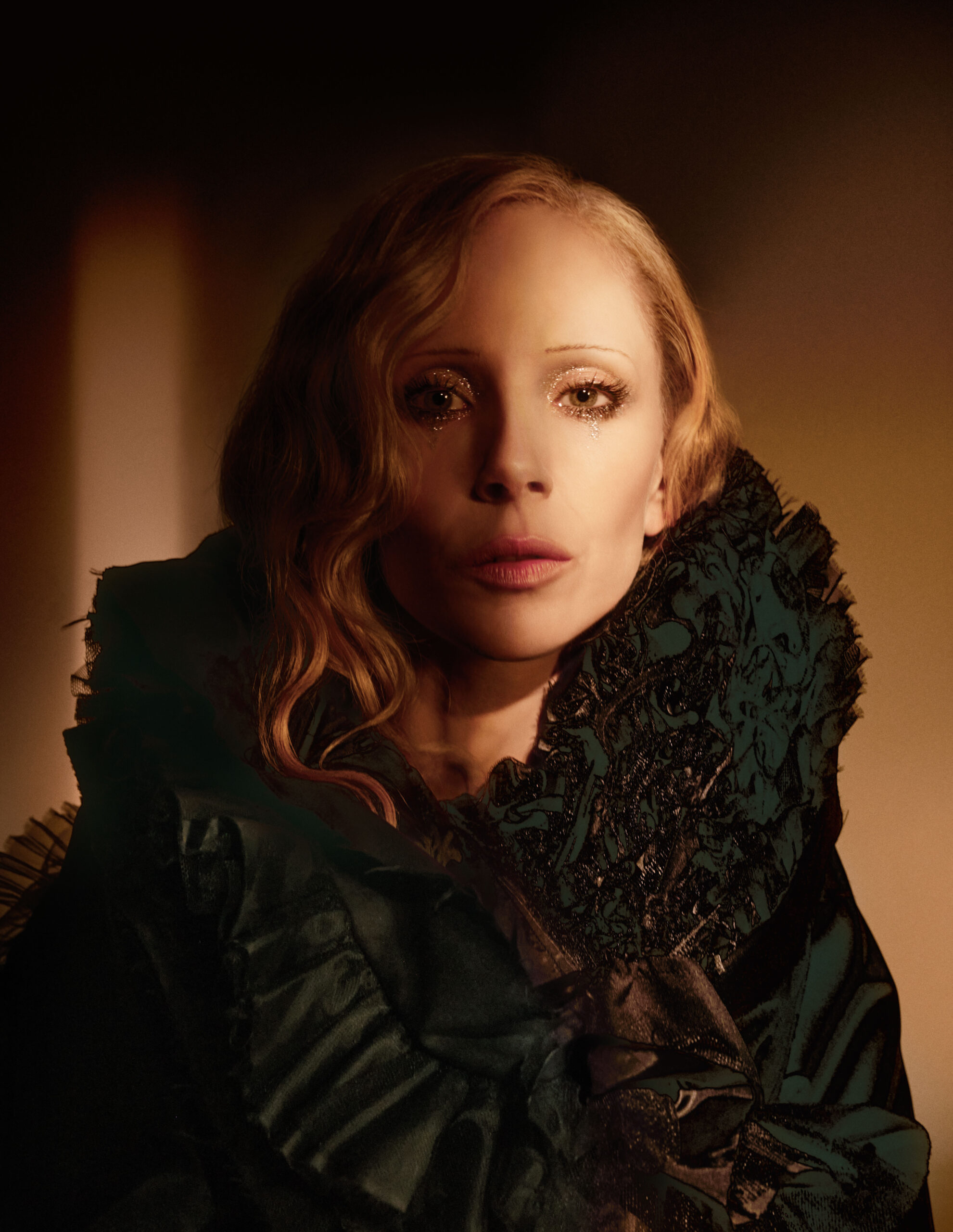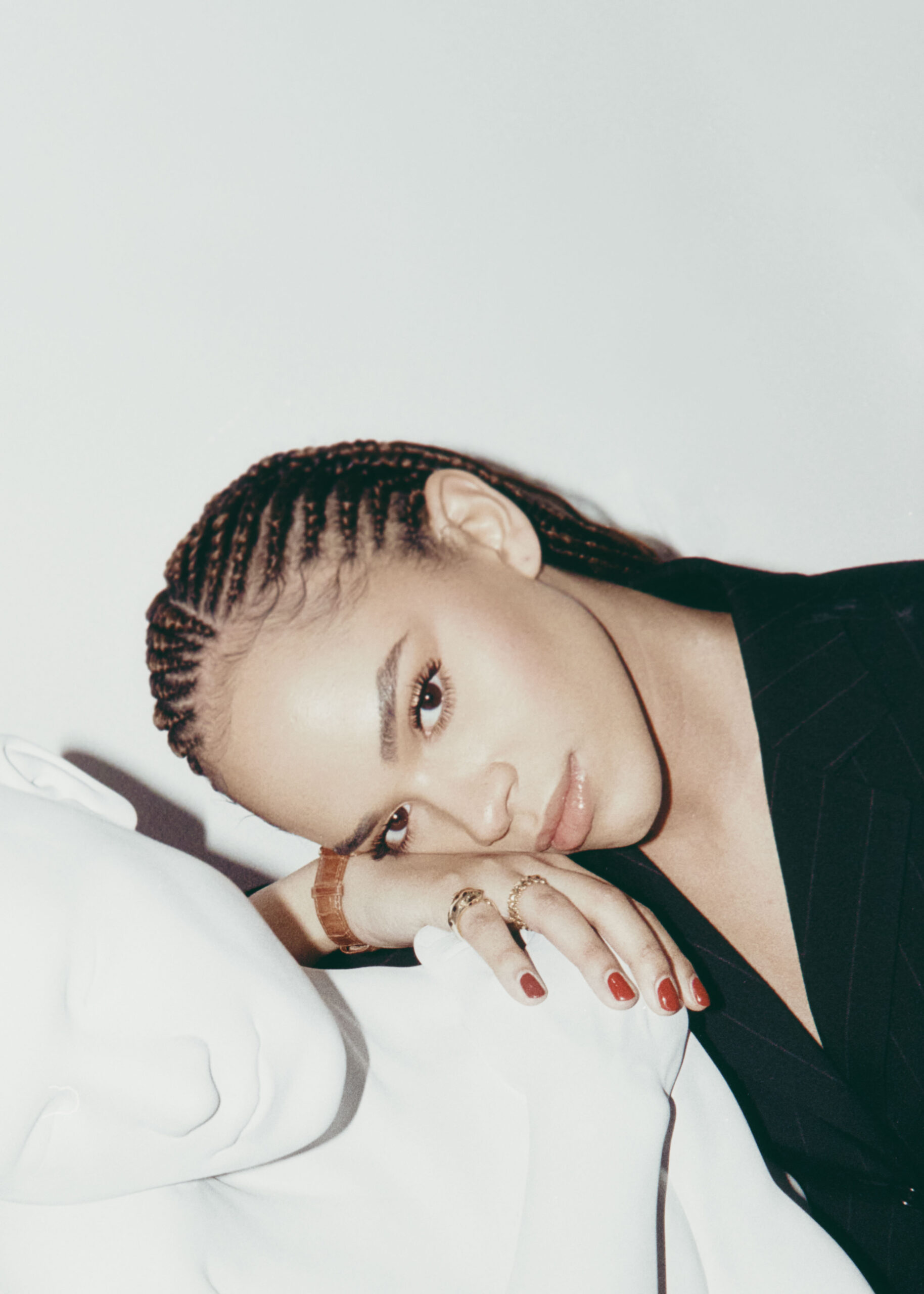In the world of acting, Noah Jupe stands as a beacon of versatility and dedication. His journey is marked by a seamless blend of passion and performance — from his humble beginnings as a curious youngster to his current role in the captivating historical drama Franklin, Jupe’s trajectory illuminates the profound influence of storytelling across epochs.
With each character he embodies, Jupe navigates the delicate balance between history and fiction, infusing his portrayals with an authenticity that resonates deeply with audiences. In Franklin, he portrays William Temple Franklin opposite Michael Douglas’s Benjamin Franklin. It’s no small feat for just being 19-years-old, but Jupe plays his character with a deft and dynamic touch. In conversation with Schön!, Jupe discusses his acting evolution, his work on Franklin, and more.
Noah, you started acting at a very young age. What drew you to acting initially, and how do you think your reasons for acting have changed over the years?
When I first started acting, I didn’t really know that I was going to get into it. In fact, it was kind of the last thing I thought of as a kid. As a kid, you kind of want to know what it’s like to be in a movie and be famous and all of that, but something that is kind of impossible. For me, I didn’t really care about acting. I was more interested in being the real thing. It didn’t really cross my mind until there was this job that came in through my mom, who was an actress. It’s just a small job, and my mom’s agent was like, “Does he want to act? Is he interested?” She didn’t really know. It’s a weird industry to be in as a kid. My mom was very hesitant, but eventually, I did a few auditions and got a job. It wasn’t until I stepped foot on the set of that job and got the experience of being creative in that environment and being part of a crew that it changed my life. I suddenly found this passion for it from experiencing being on a set. I cried all the way home when it finished. Since then, my passion has only grown stronger.
I assume that there have to be some different perspectives on advantages and disadvantages as a kid when you start.
Yeah, there is. I mean, I think that as a kid, it’s brutal when you get set into a room with a bunch of other kids who look like you but are taller or have different hair. You’re constantly being compared to other kids. It can really affect your self-confidence in a major way. I was very lucky, I had great parents to keep me in line and keep me distracted from all of that stuff. It can be an unhealthy place for a kid to be, but it can also be an incredible place. I’m so lucky for the opportunities I’ve had, and it’s taught me more than anything else in the world. So, it’s a balance, you know, of pros and cons.
You’ve taken on a variety of roles in your career. When choosing a new project, what elements of the script or the character draw you in the most?
I think, for me, the reason why I do this is that I love to learn something new. I love to have new experiences that I’ve never had before. I guess in a role, I’m probably looking for something that’s challenging and something that’s like a mountain to climb. I think that that’s really attractive to me, something that maybe seems impossible, but you then work towards and make it possible and make into a real character and a real being. I think that’s really interesting to me.
Is there a particular character you’ve played that you felt you learned the most from, either personally or professionally? Could you share what that learning experience was like?
It’s got to be Honey Boy. I did this movie with this amazing director, Alma Harrell, and Shia LaBeouf. I was basically playing him when he was younger, and he was playing his dad, which is the most meta thing I’ve ever heard. That entire experience was incredibly intense, and the character was really very different from me. So, it was a big stretch, and there was a lot of dark subject matter to get my head around at 13. I was very lucky. I had people who kept me safe and didn’t let me become lost in that dark world. I got to experience these new emotions that I’ve never felt before and go through this journey that came out the other end. I became a different person by the end because I’d learned a lot about myself that I didn’t know before. I went in as a boy and I came out a teenager. That change in my life, which is wild that’s captured in a movie, you know?
In Franklin, there’s a delicate balance between historical facts and narrative fiction. Can you discuss how the series navigates this and any specific instances where creative liberties were taken with Temple Franklin’s character?
I think with a series like Franklin, it is really important to make sure that you do your research. You want to be as faithful as possible to the real people that existed. I think also you have to keep in mind, at the end of the day, you’re telling a story. Even though that story is real, you’re showcasing a journey and you’re showcasing characters. It’s important to make sure that these characters have emotional journeys and are compelling. The story is compelling.
There’s a balance where you have to present the facts but also take creative liberties to express what they were feeling which might not be actual fact, but it still gets people invested in the characters and stories. If you have a perfectly factual show but no one connects to the characters, no one’s going to learn about the actual thing that happened. If you maybe change the course of events or the wording a little bit and then you make the characters powerful and intriguing, people are gonna love these characters in this story while subconsciously learning about the history. There’s not a whole lot about Temple out there compared to Benjamin Franklin — there’s 10 times more stuff written about him — but it was just more about finding out who he was. There were these diaries that he wrote so reading where he was and where he ended up helped fill in the gaps to create this journey for him.
In another interview, you mentioned having a lot of fun with the costumes in the series. How do you think the costume and set designs have helped in shaping and portraying Temple Franklin’s character and the era?
It’s really the costumes that would play such a huge part for me. Even in the journey that my character goes on, the costumes subtly change throughout, and we really worked on which piece to wear and which scene to display the stage that he was on throughout his journey. The show’s set over eight years, so it’s a long time. What I wear now compared to eight years ago is crazy. So, I think it was very important to get that journey through the costumes as well, which ended up being phenomenal. I think the biggest thing is physically, these costumes mould your body to feel more elegant in yourself. The jacket comes in and tightens you up, and so you feel more elevated. That was great for me just in terms of connecting to the physicality of my character and the physicality of the time. Filling a room with 100 extras dressed in these incredible costumes makes it hard not to fall into the world, too.
Working alongside Michael Douglas, how has that relationship influenced your portrayal of Temple? Can you share how your dynamics off-screen helped develop your on-screen relationship?
I think Michael’s a wonderful, wonderful man and actor and it was such a pleasure working with him. He is one of the most professional people that I know and have worked with. He’s just really watching him on set, you can learn so much just from the way that he goes about. You know, the way that he goes about treating other people on set and he keeps everything lighthearted and easy. At the same time, you can tell that he’s very committed and works very, very hard. I just really hope to take some of that energy throughout my career.
I think that I was so lucky that my character and his character had this incredibly dynamic relationship throughout the show. We really got to work on it and we had some fantastic scenes where I go toe-to-toe with him, which was nerve-wracking but very fun. I think just having someone there who really listens to you which Michael does is the best. He takes in everything you’re saying and he’s not just waiting to say his line. That, as an actor, makes it become a two-person game and you’re suddenly reacting rather than just acting. It becomes much more fluid.
What unique challenges did you face while working on a period piece like this compared to your previous roles in contemporary settings?
I think that there are definitely formalities that you’d have to have. Get used to in terms of meeting someone, you’ll shake their hand or other things that are just ingrained in us. For this, though, every time your mind tells you to extend your hand, you force yourself to bow. With the language, it’s much more formal, but you don’t want it to seem like it doesn’t, it isn’t easy and natural for you because this was the period so these people were very used to it. I guess the challenge was creating all these new habits and making them seem natural otherwise, it feels like forced fairytale acting where the people aren’t quite rooted in the time so I think that was the biggest challenge for me.
Was there a particular scene or episode in Franklin that resonated with you personally or was particularly challenging to perform?
There’s one scene in episode six where Temple has run away from home after being furious with his grandfather. We’ve all been in similar situations like that and he goes on a rampage with a group of untrustworthy aristocrats and he ends up deserted by everyone. He has no money, no horse, nothing. He just has to walk all the way home, and there’s one scene which is him walking back and you can see he has a realisation of just how lost he is and how daunting the world becomes when you’re all alone. I think we’ve all had that experience.
The series dives deep into espionage and diplomacy during the American Revolution. How did learning about these historical elements affect your view of Temple Franklin’s role in these events?
For me, it was a massive learning curve. Ultimately, when I first heard about the script and the job, I knew nothing about the American Revolution. I knew nothing about Franklin, except that he was on the $100 bill, and that was about it. So, for me, it was a huge learning curve, just going through all of this history of a country that is so prominent and discovering all this stuff about Franklin. It was more fascinating than anything else because you hear about it when you’re in America, like the founding fathers and the American Revolution, but I never knew the specifics of it. That was massively helpful in getting into the period and the political aspect of everything going on. I think it’s really important just to connect to Temple at the time in terms of learning about all of that.
How did you prepare for the role of Temple Franklin? Were there specific books, documentaries, or other research materials that you found invaluable?
I mentioned the diaries earlier. There were some diaries found which were of Temple’s. It’s also very interesting for me with Temple to see where he ended up. I think when you’re writing a story the best thing to do is write the end. Then, you know where you’re getting to and you can work backwards. At the end of Temple’s life, he had a very humble ending. He died in Paris with his family, a French family, with two daughters. We visited his grave at the Père Lachaise, and it was a very small gravestone hidden away very next to his wife. So, you take away a few things from that. He didn’t necessarily amount to anything, but he potentially found something more valuable than any of Franklin’s life, which was love and a family. I’m pretty sure he died with not a lot of money, so knowing this sort of stuff about after the things that happened in Paris during the show, you can kind of see where he ends up. Playing with things like that, you learn more about who he was.
We had our writer Kirk Ellis on the set, who knows the answer to everything in terms of American history. He’s just one of the most knowledgeable men I’ve ever met. Having him around meant that we’d go to dinners in Paris and drink wine and talk about American history, and that was very exciting and a great way to learn about Temple. It’s helpful reading articles, reading books, and watching documentaries, but when you have someone sat across from you who’s passionate about it, it’s special.
photography. Bob Foster
fashion. Koulla Sergi
talent.Noah Jupe
grooming. Sophie Gia Moore
fashion assistant. Jolyon Michael
interview. Alper Kurtel





